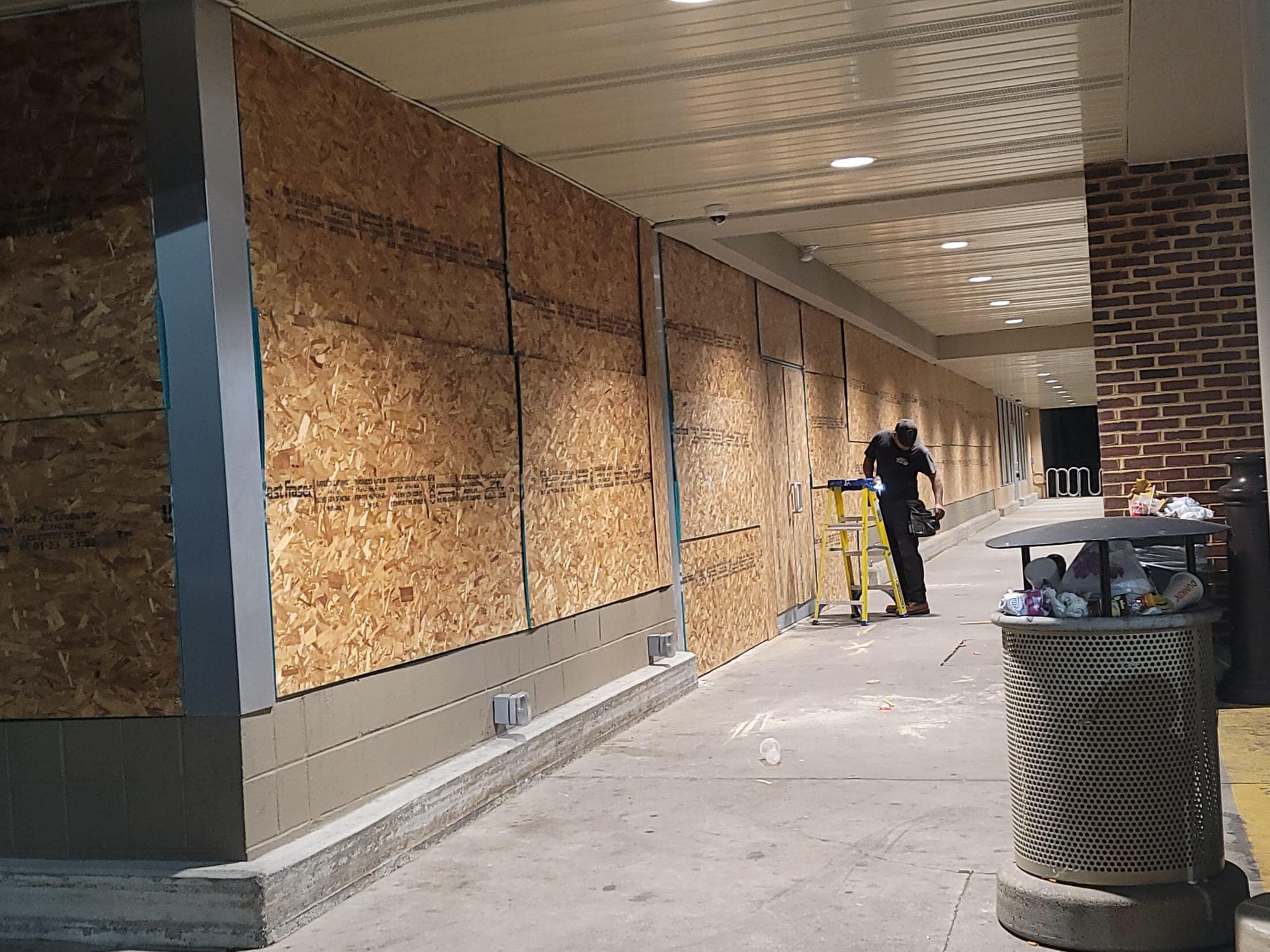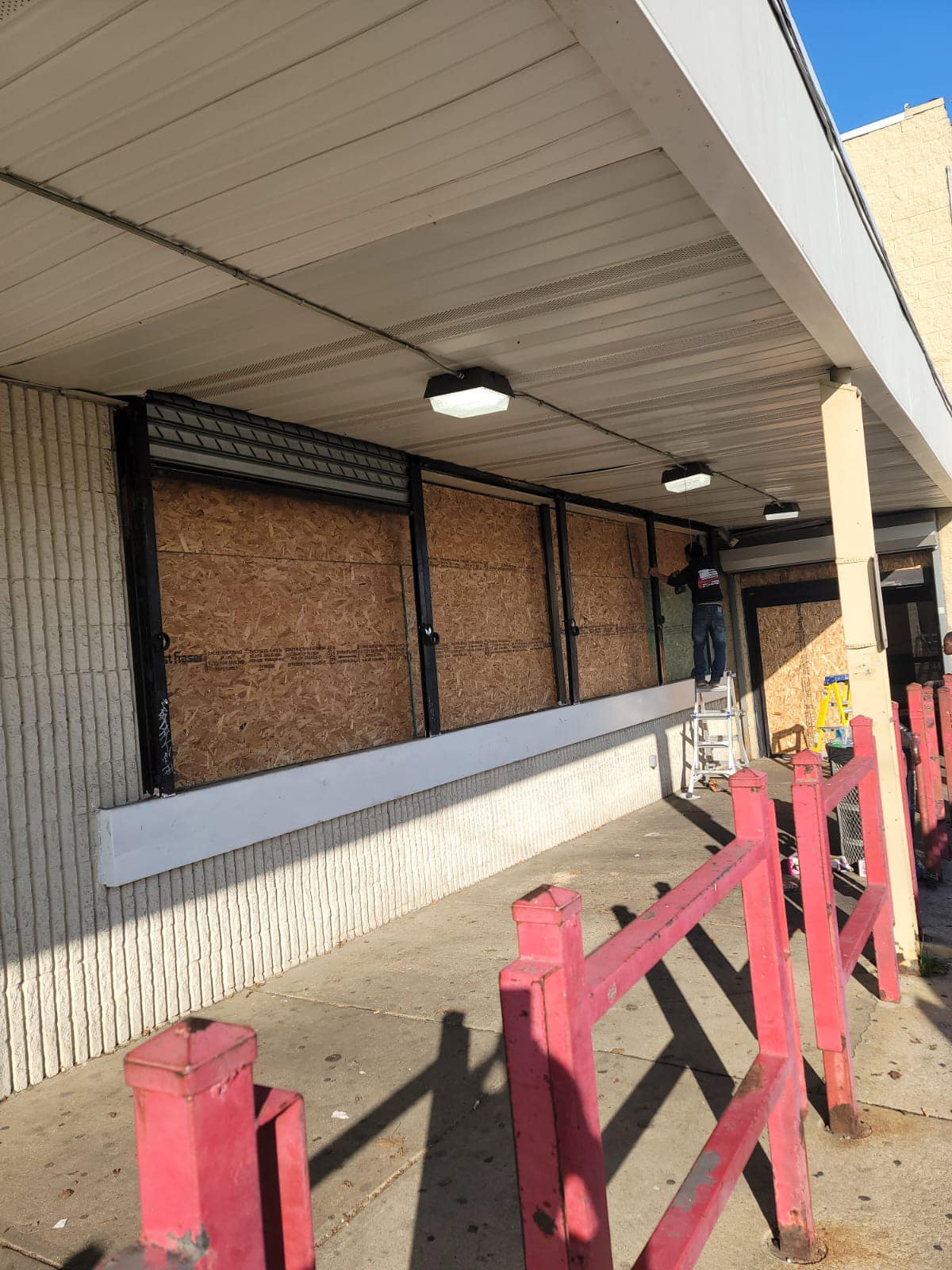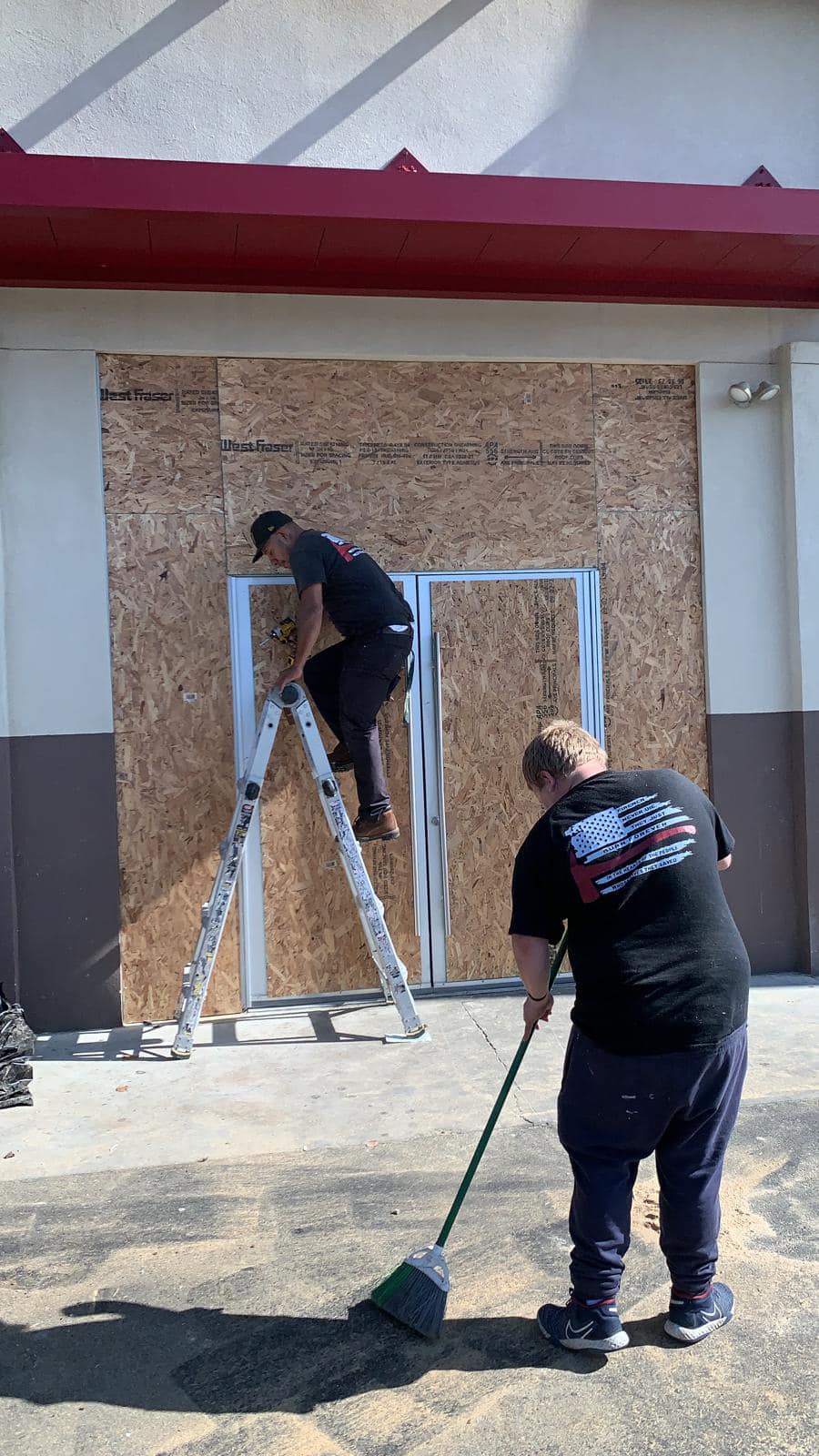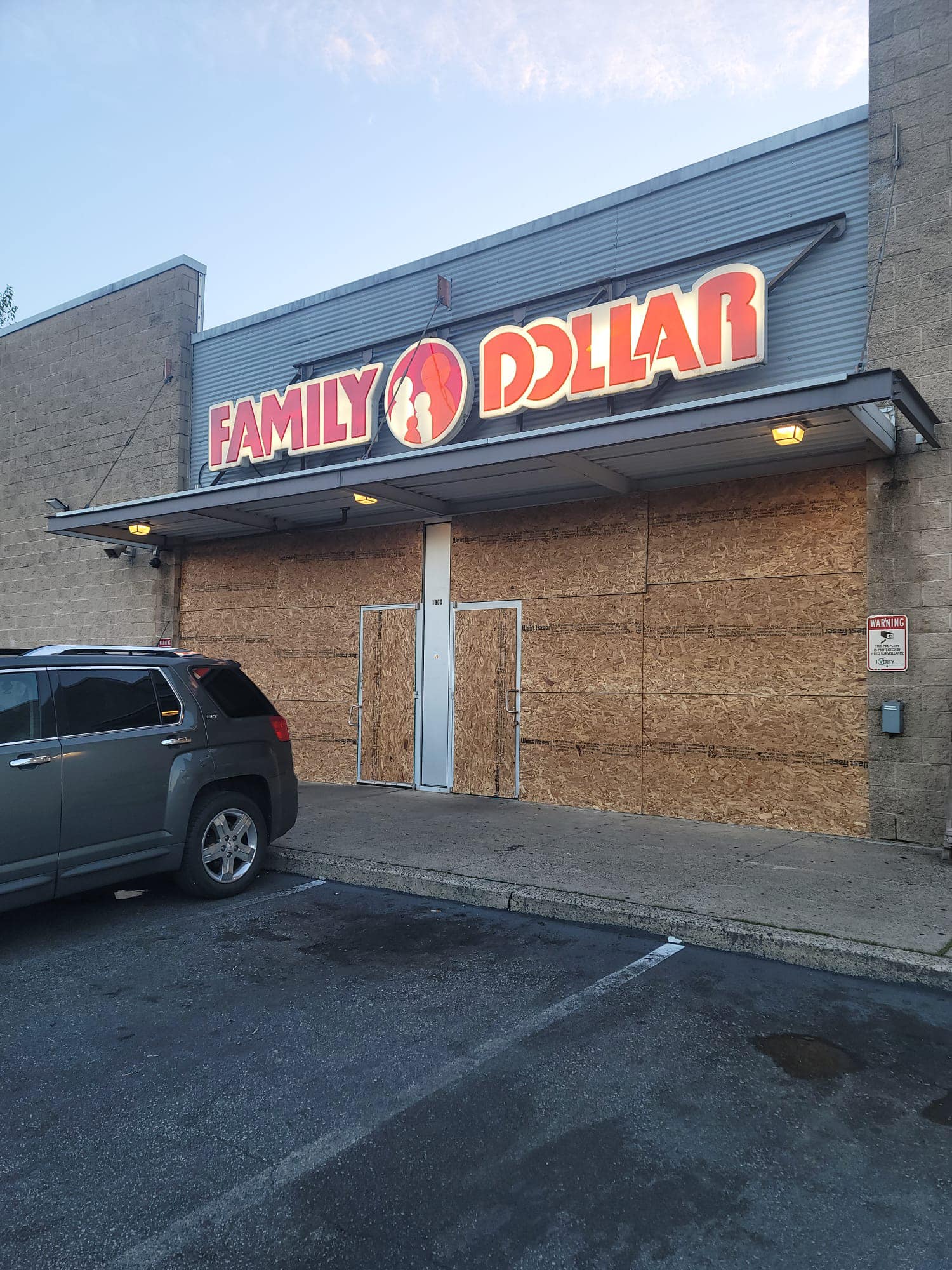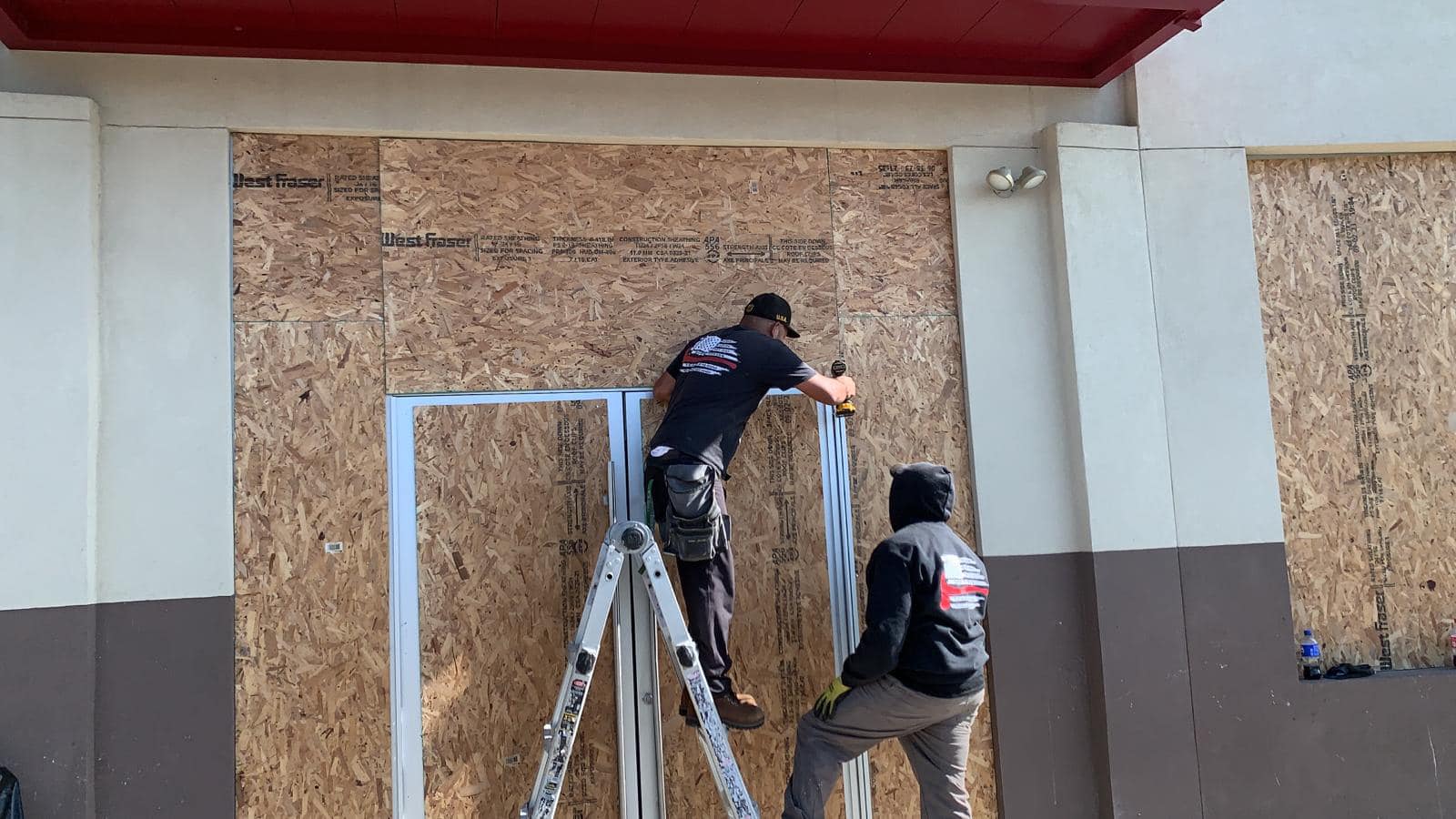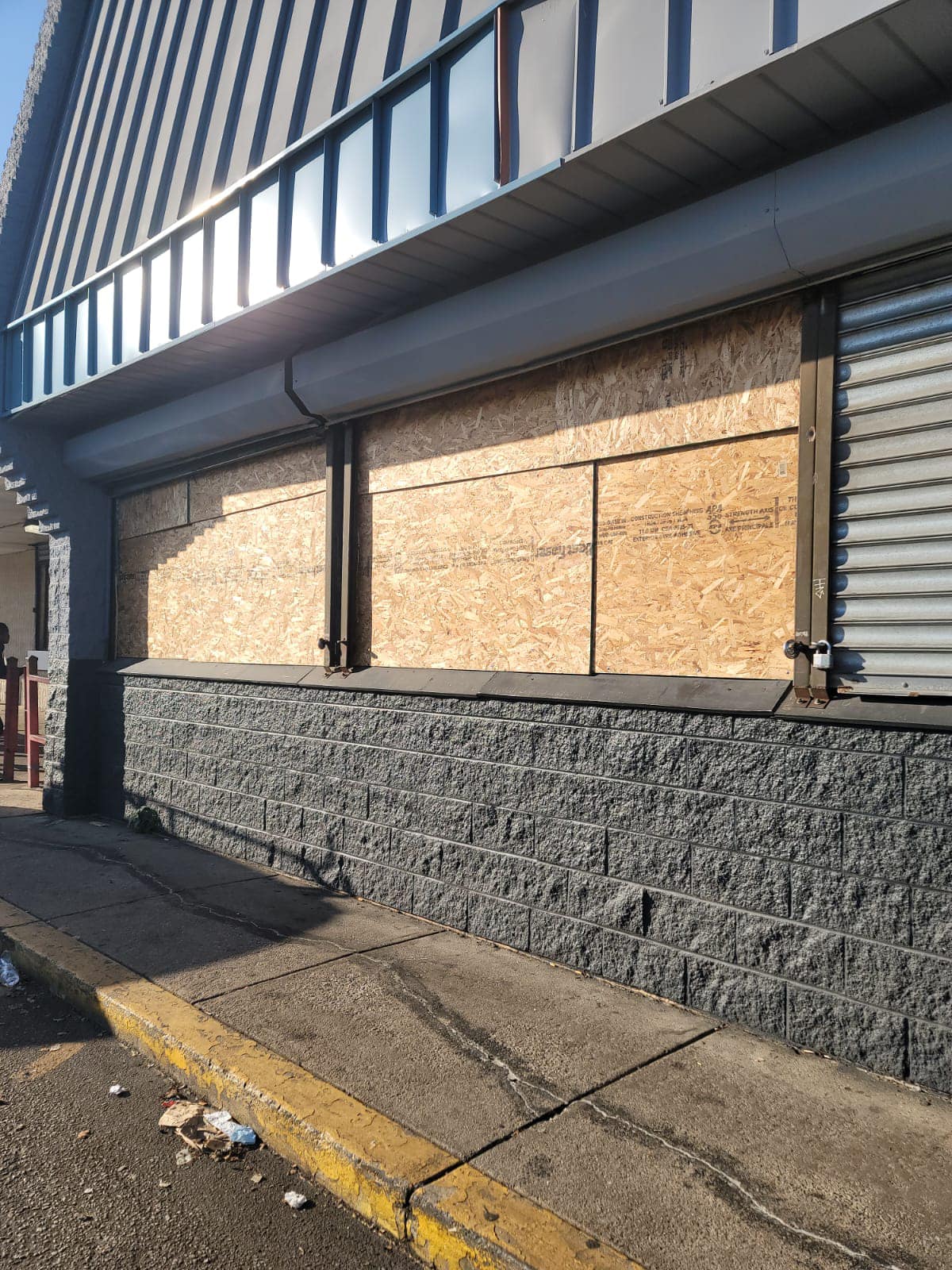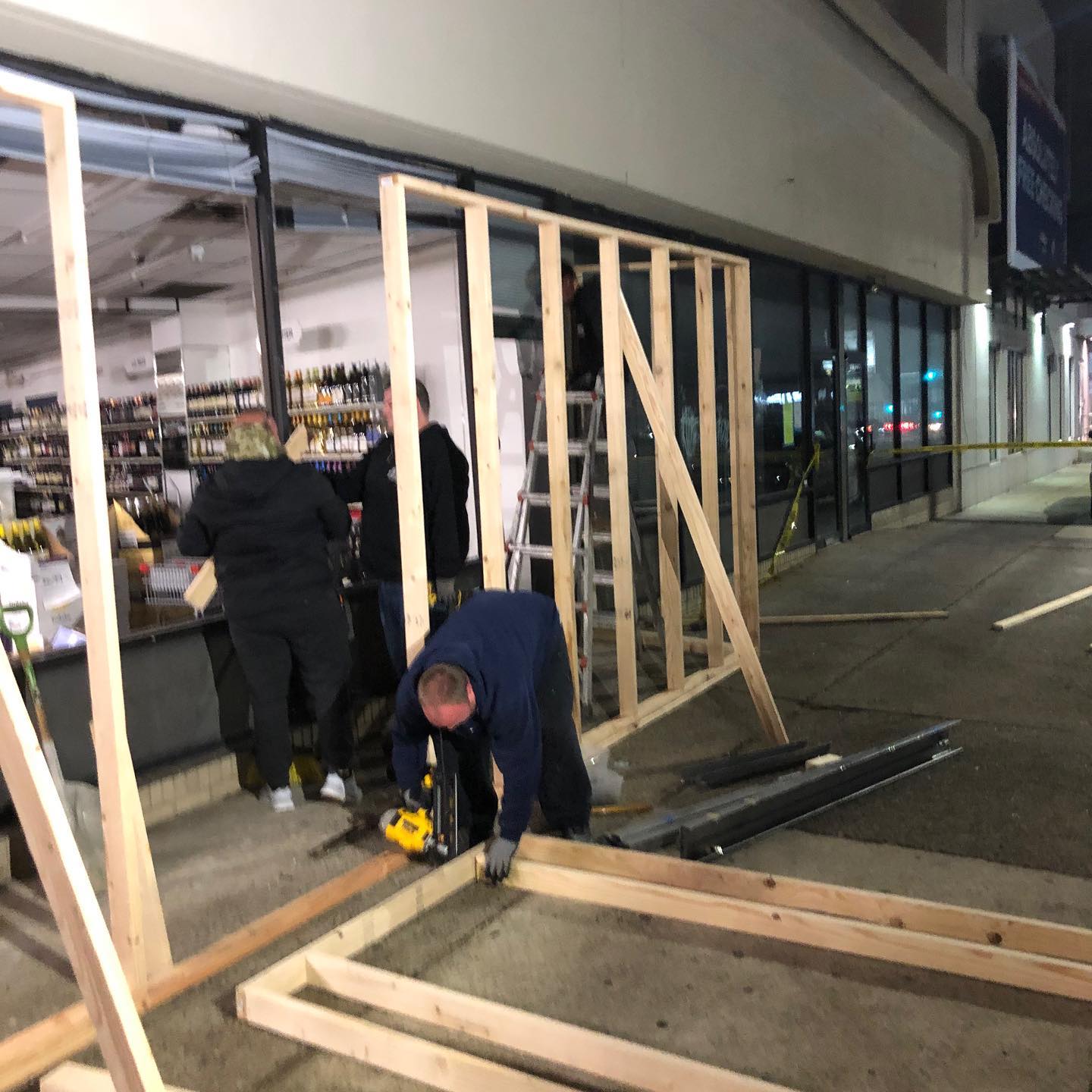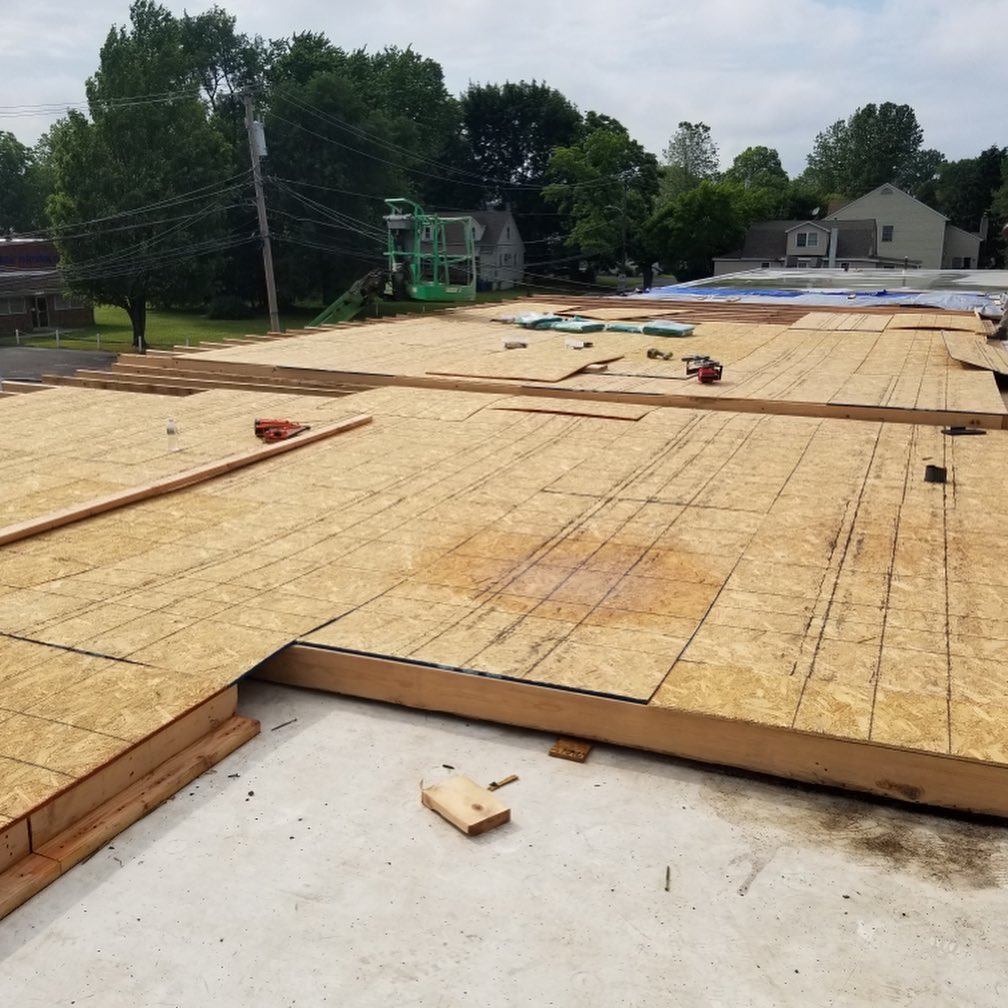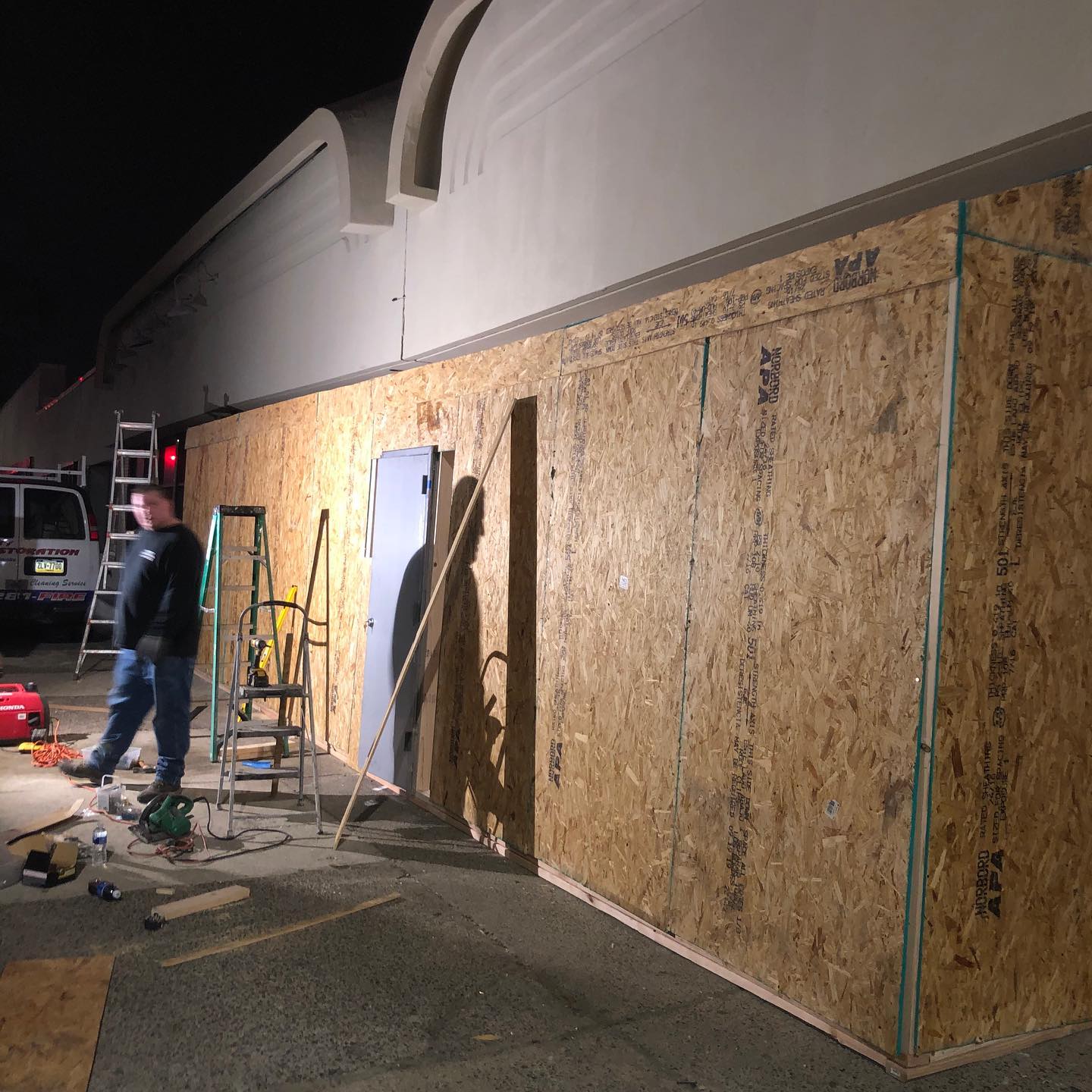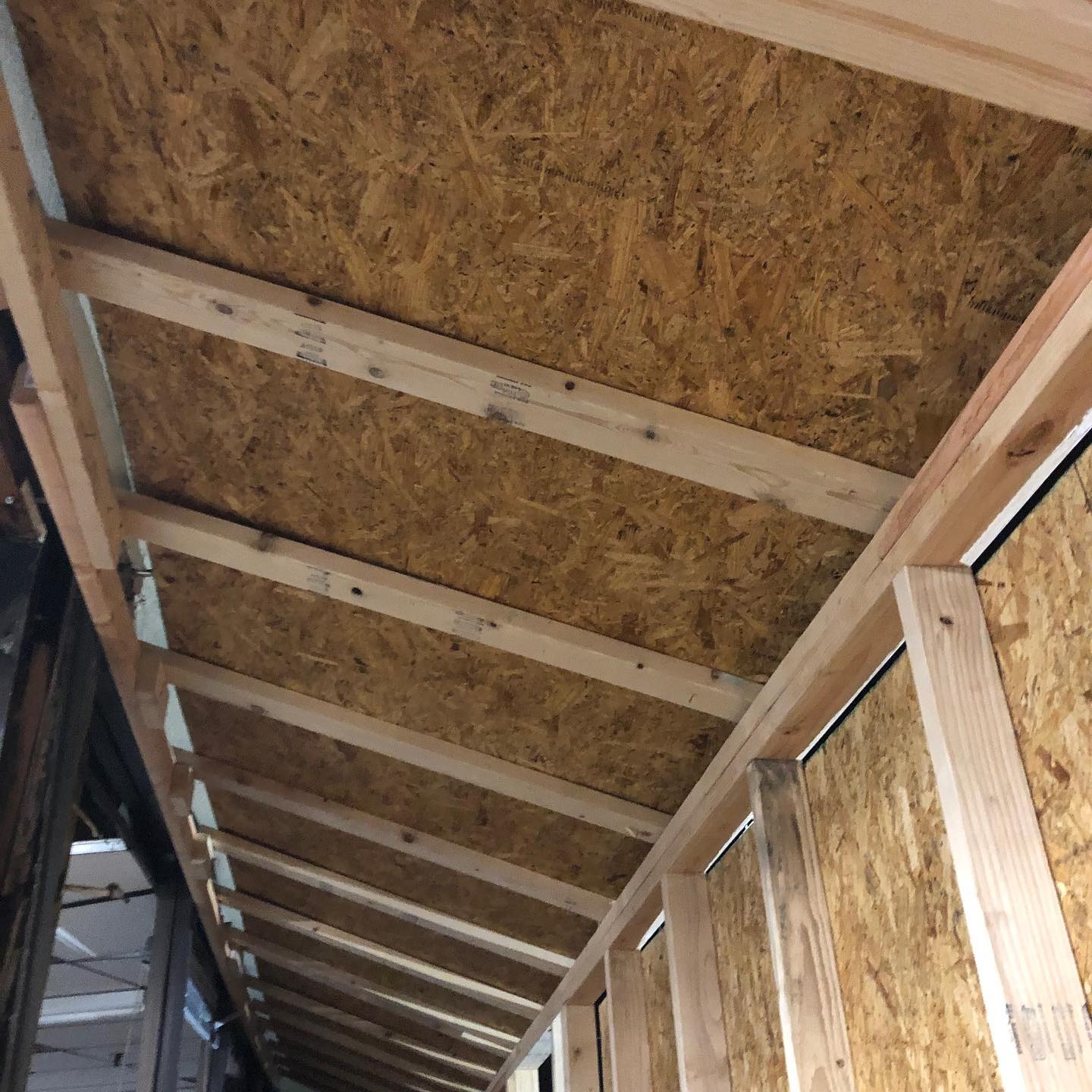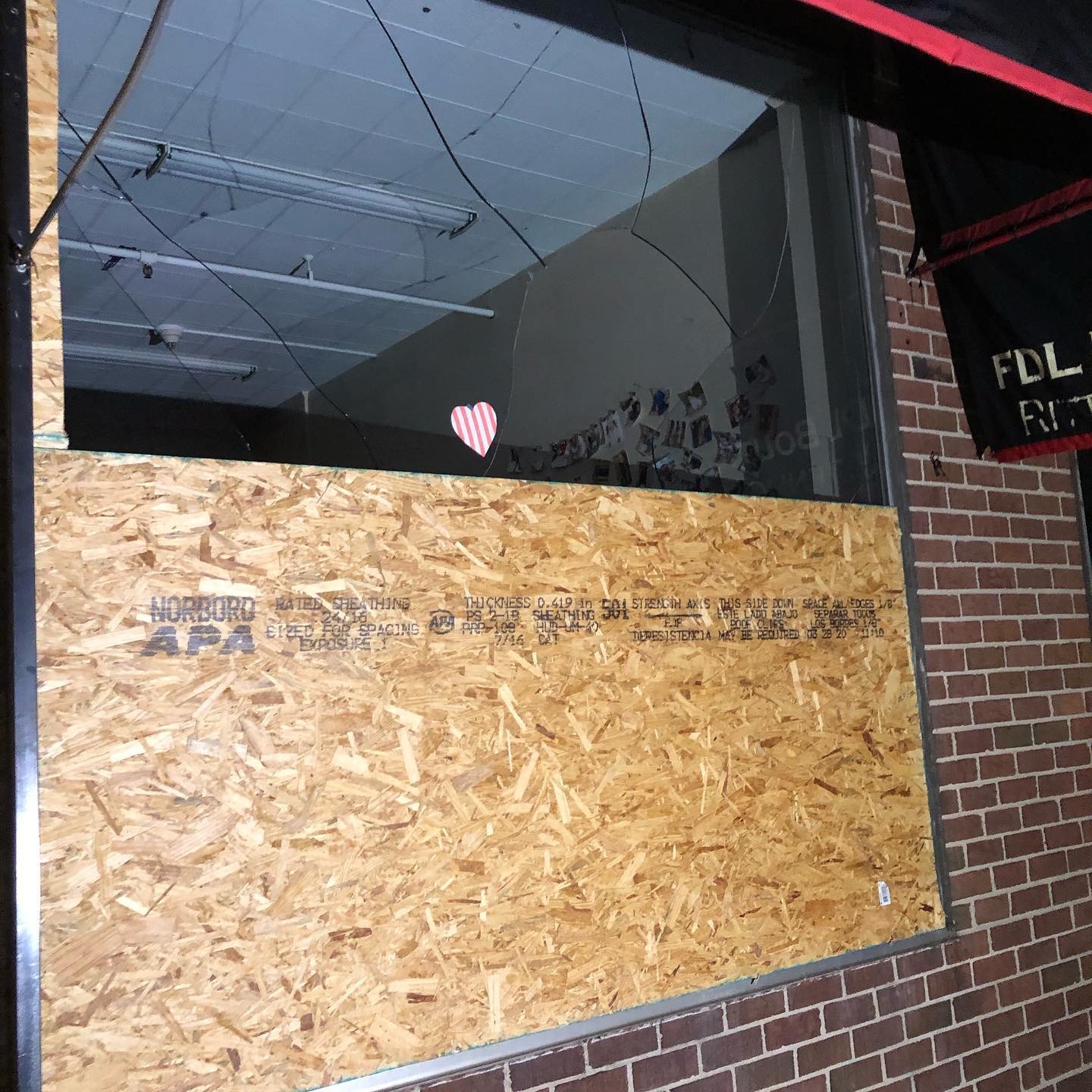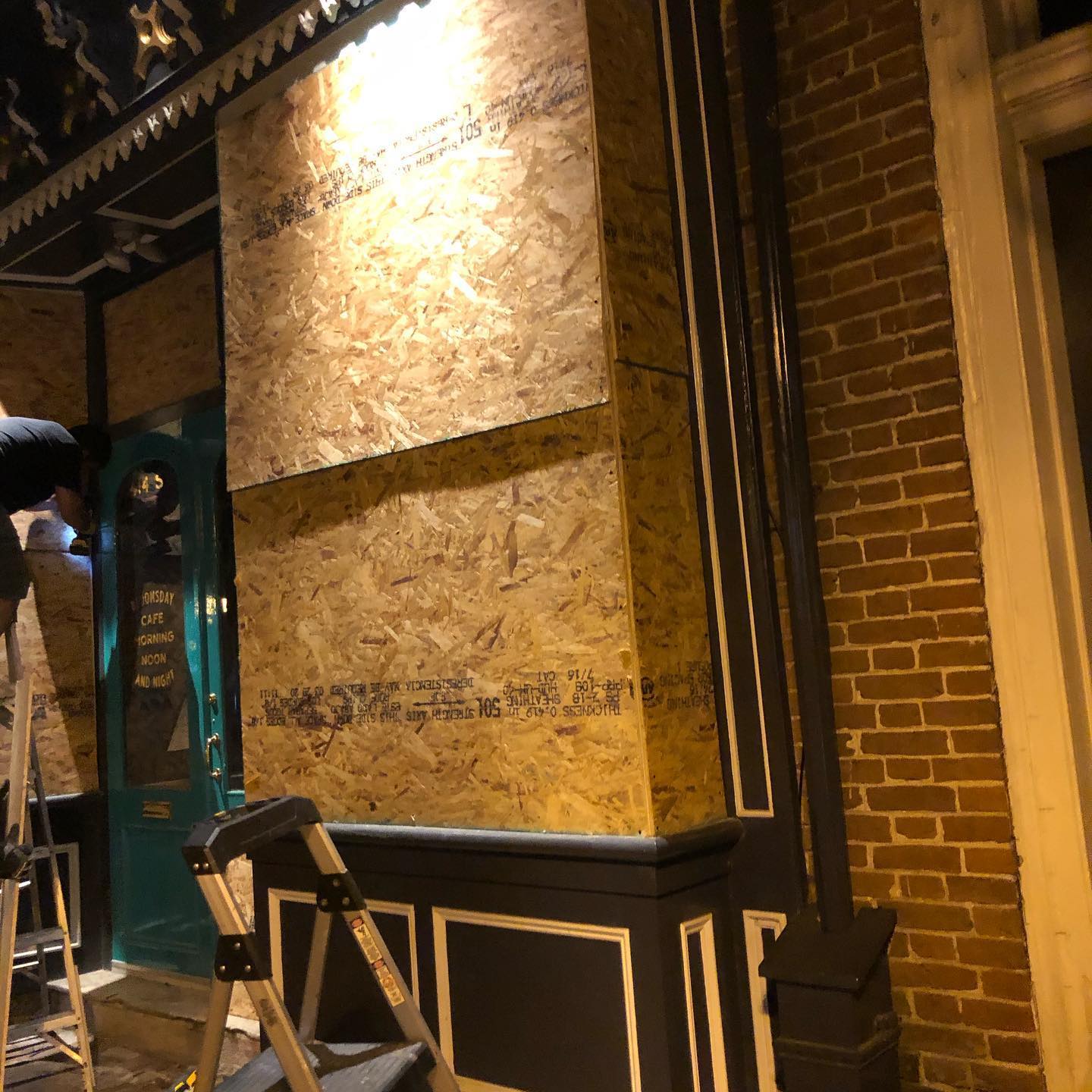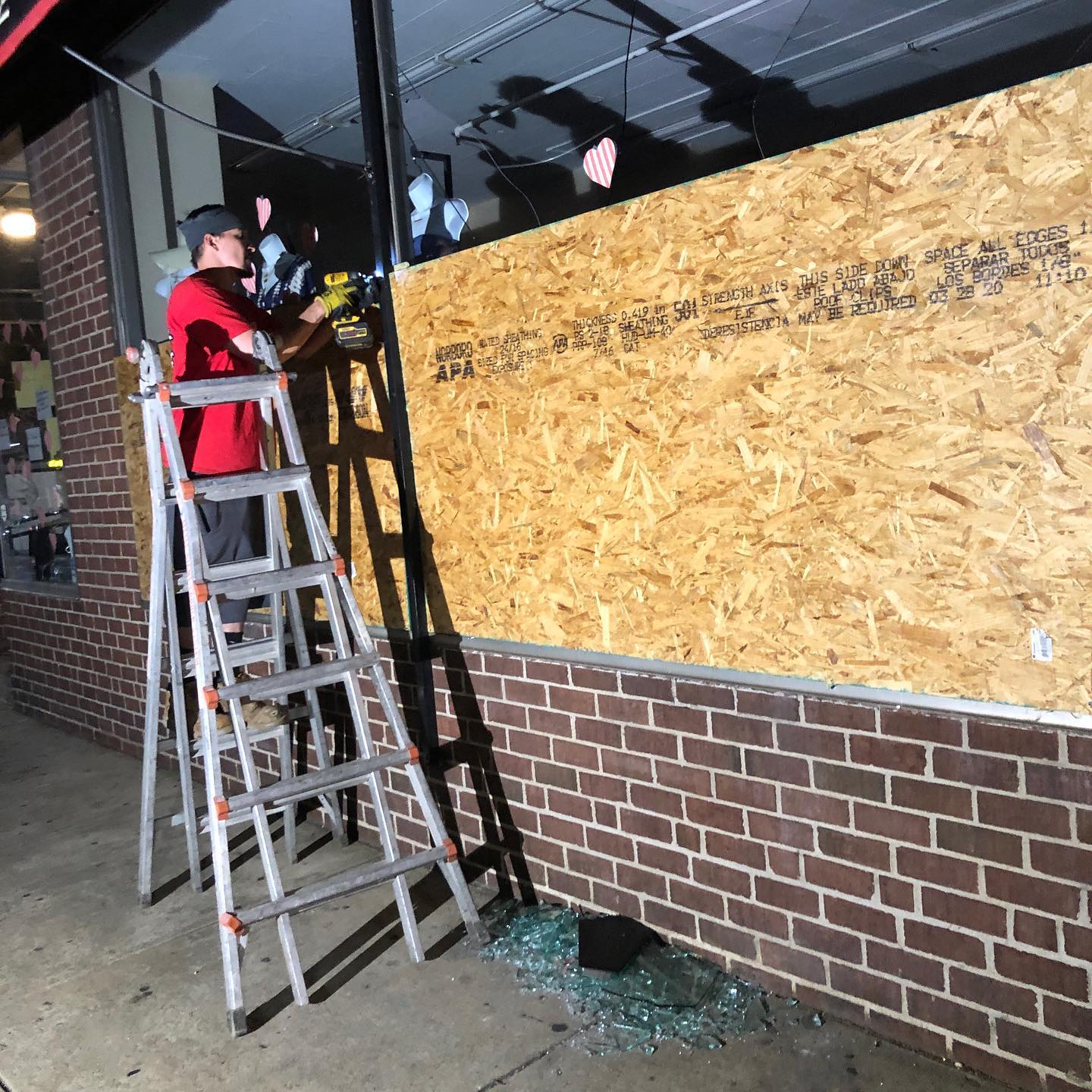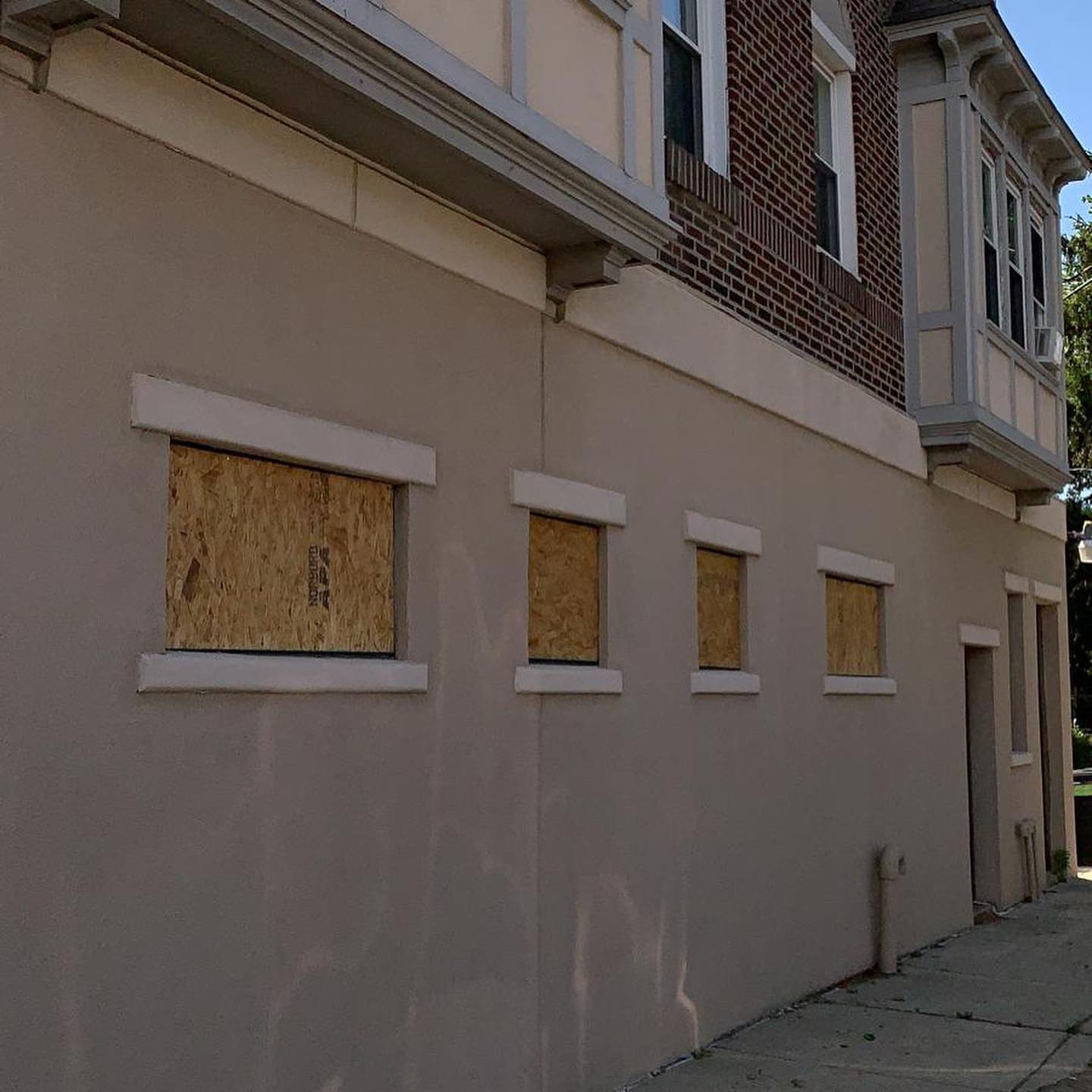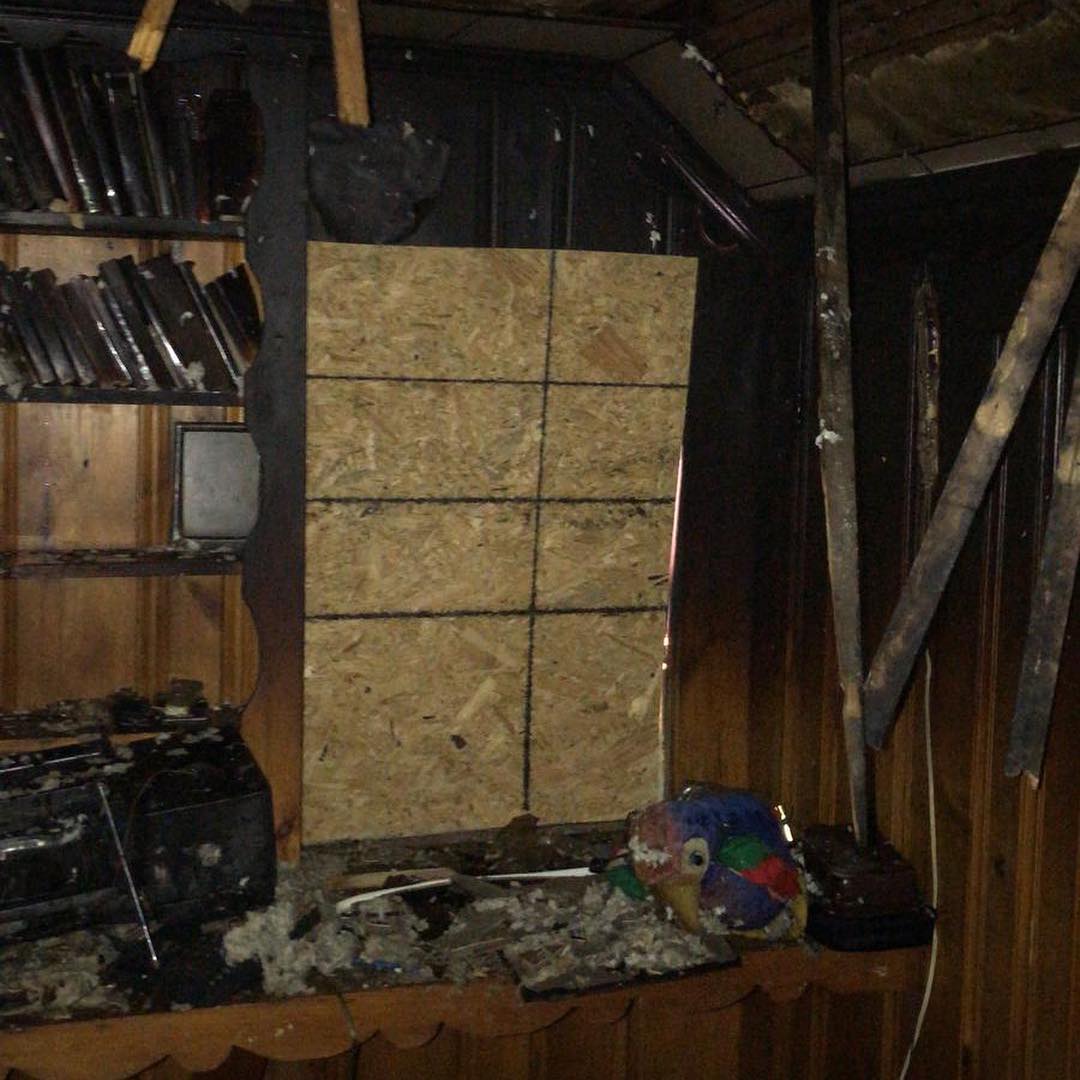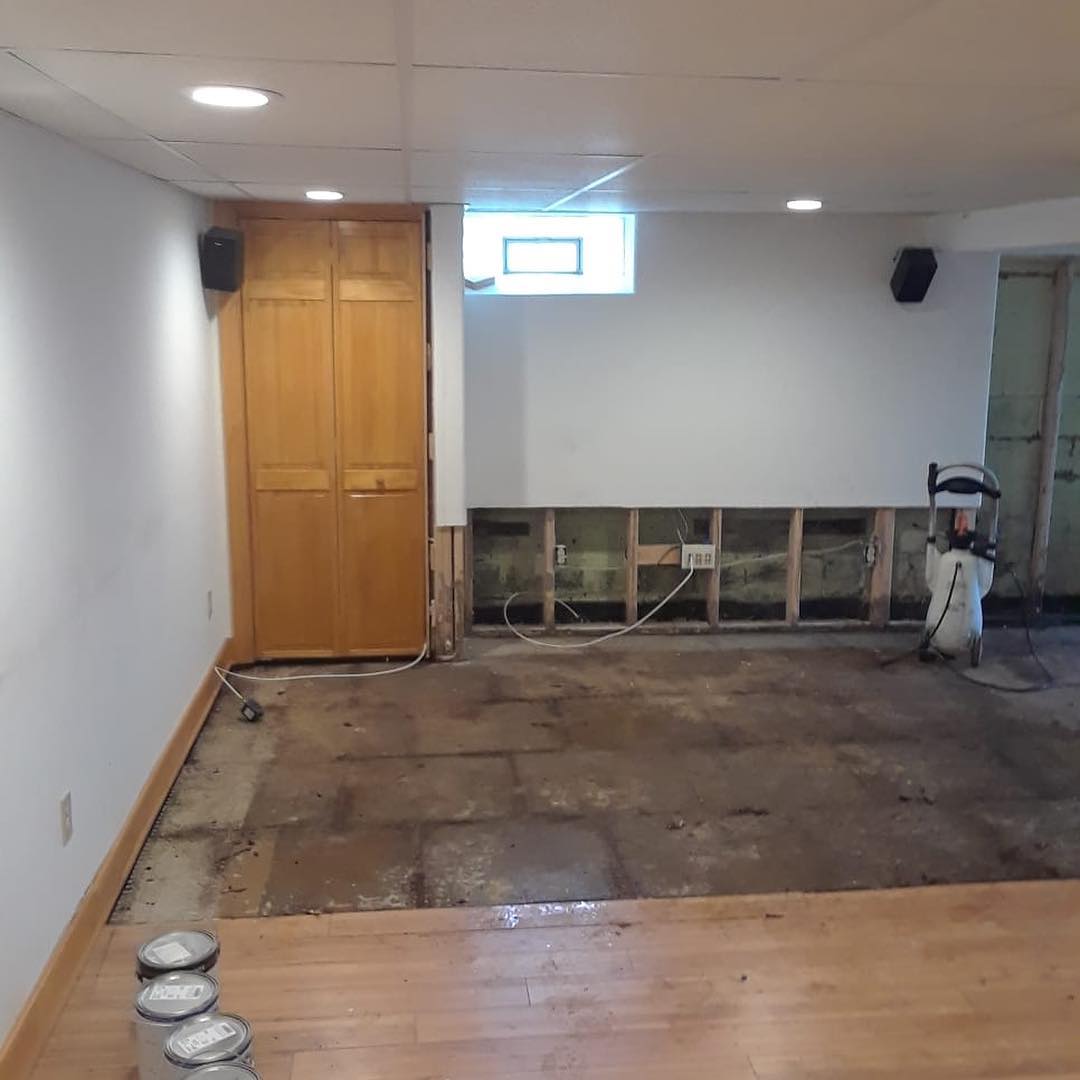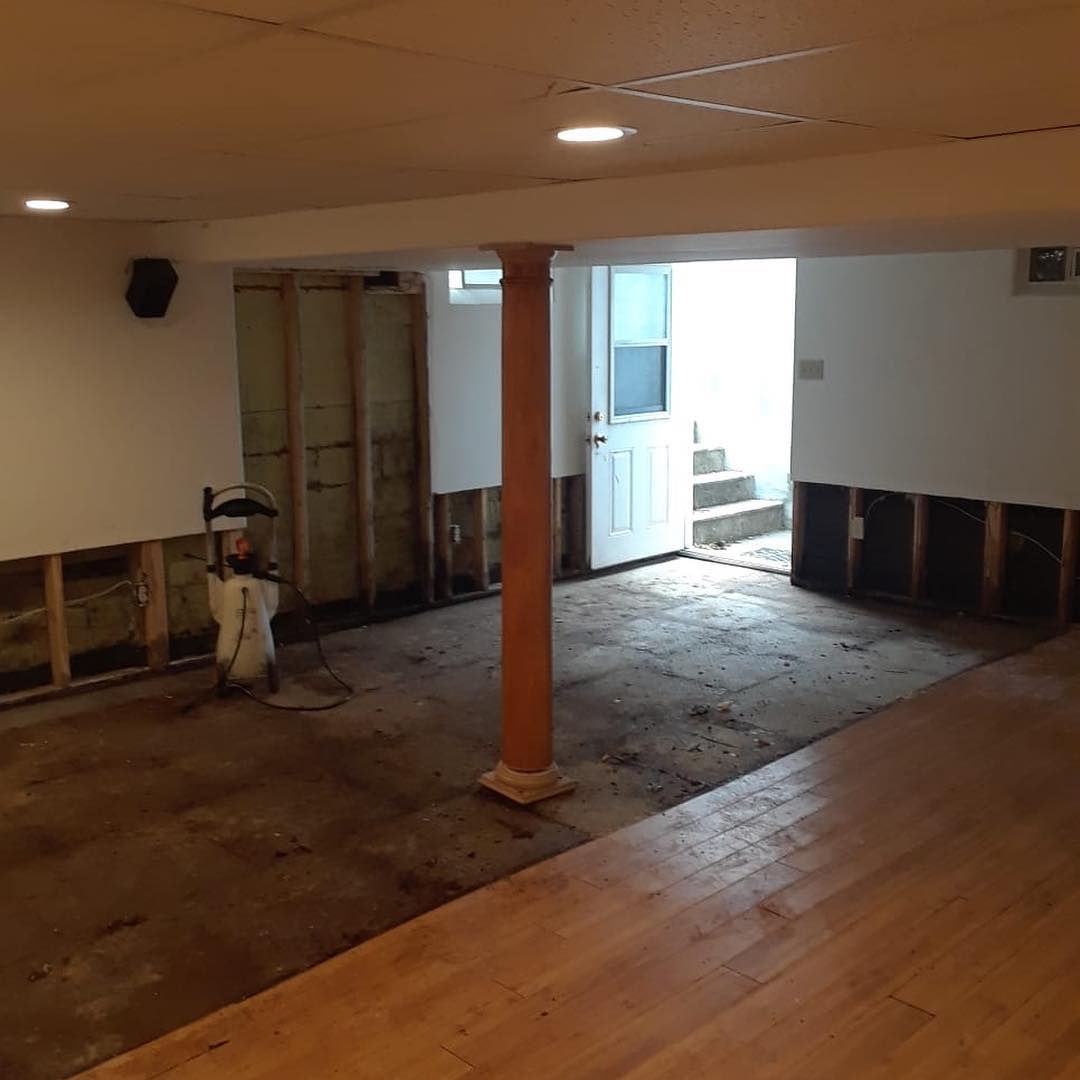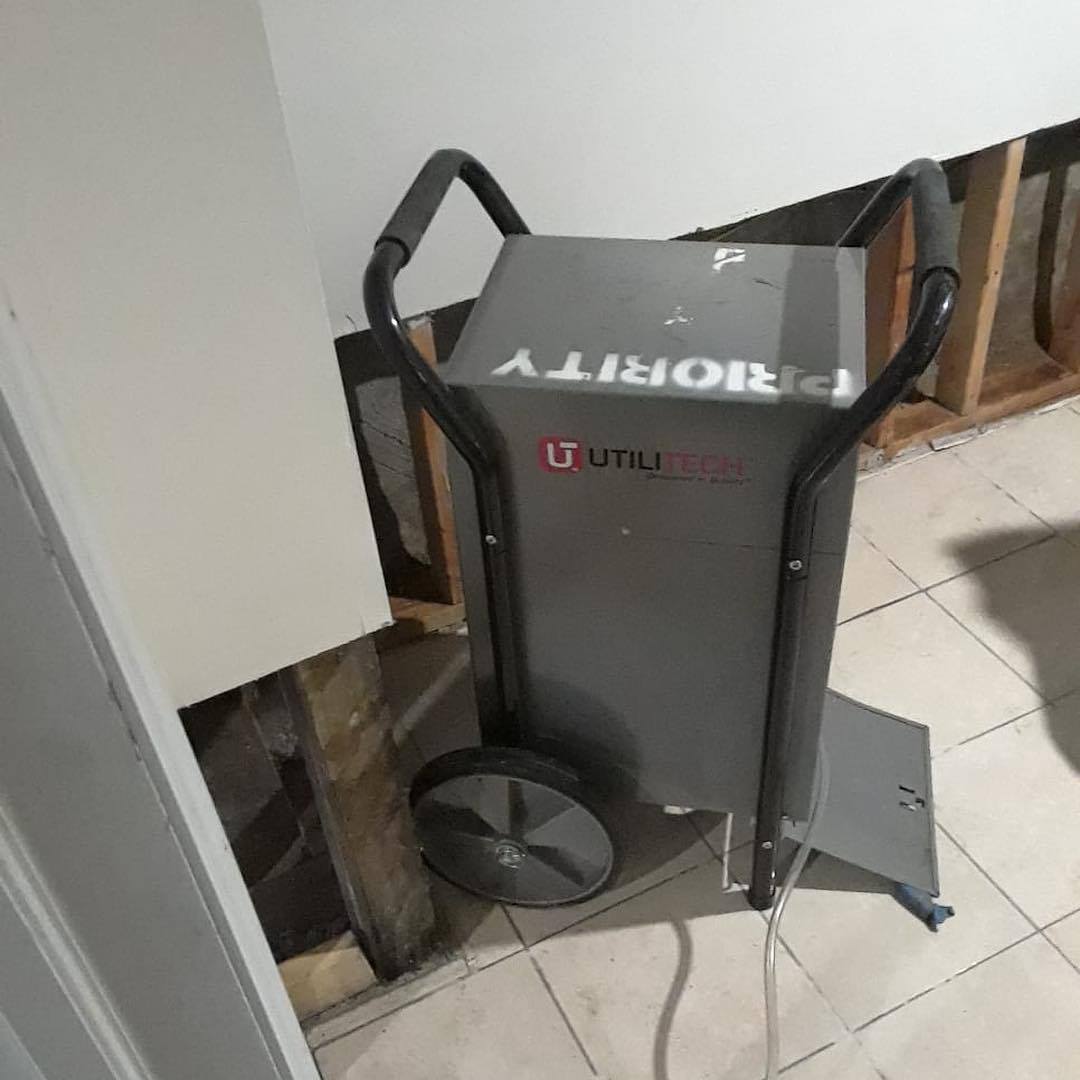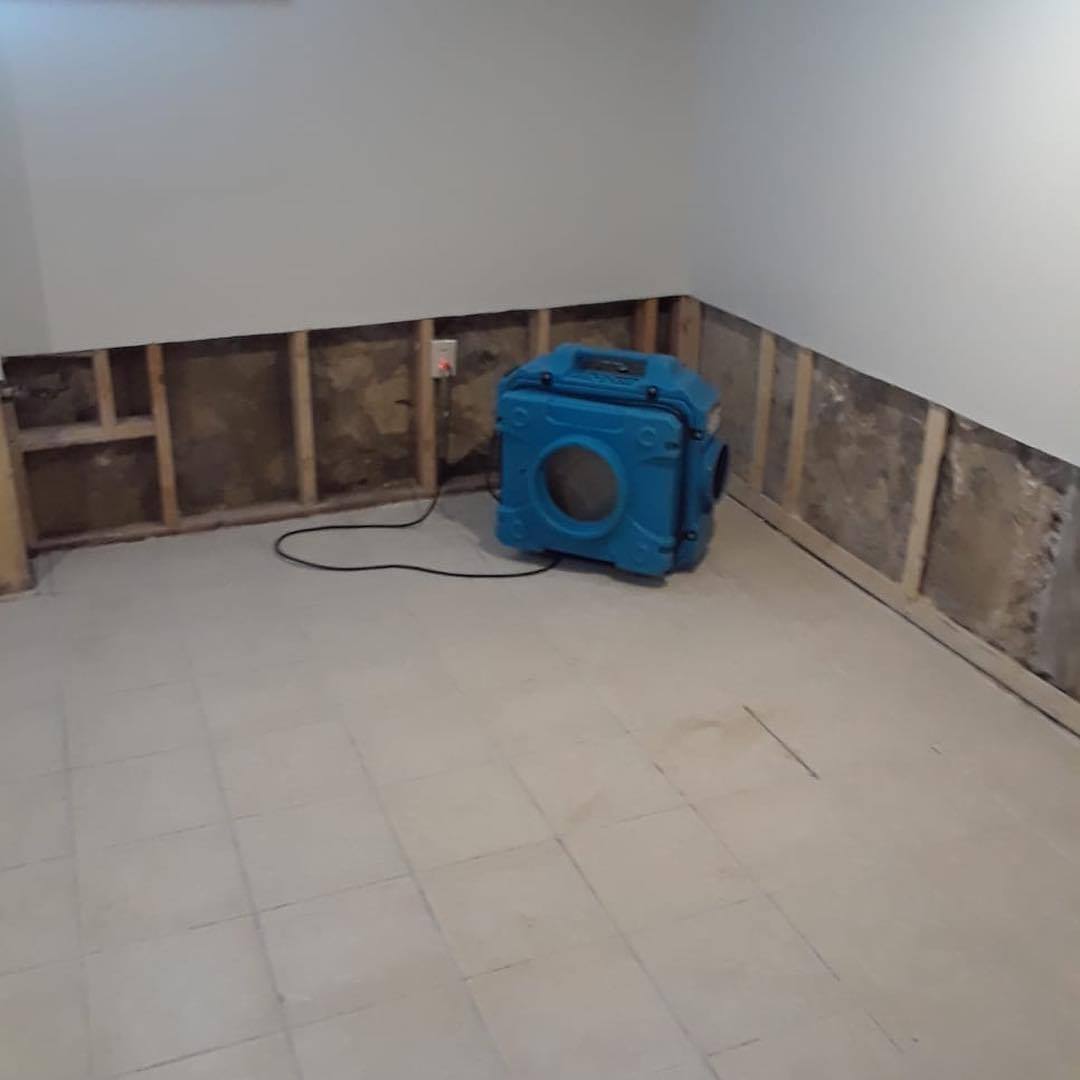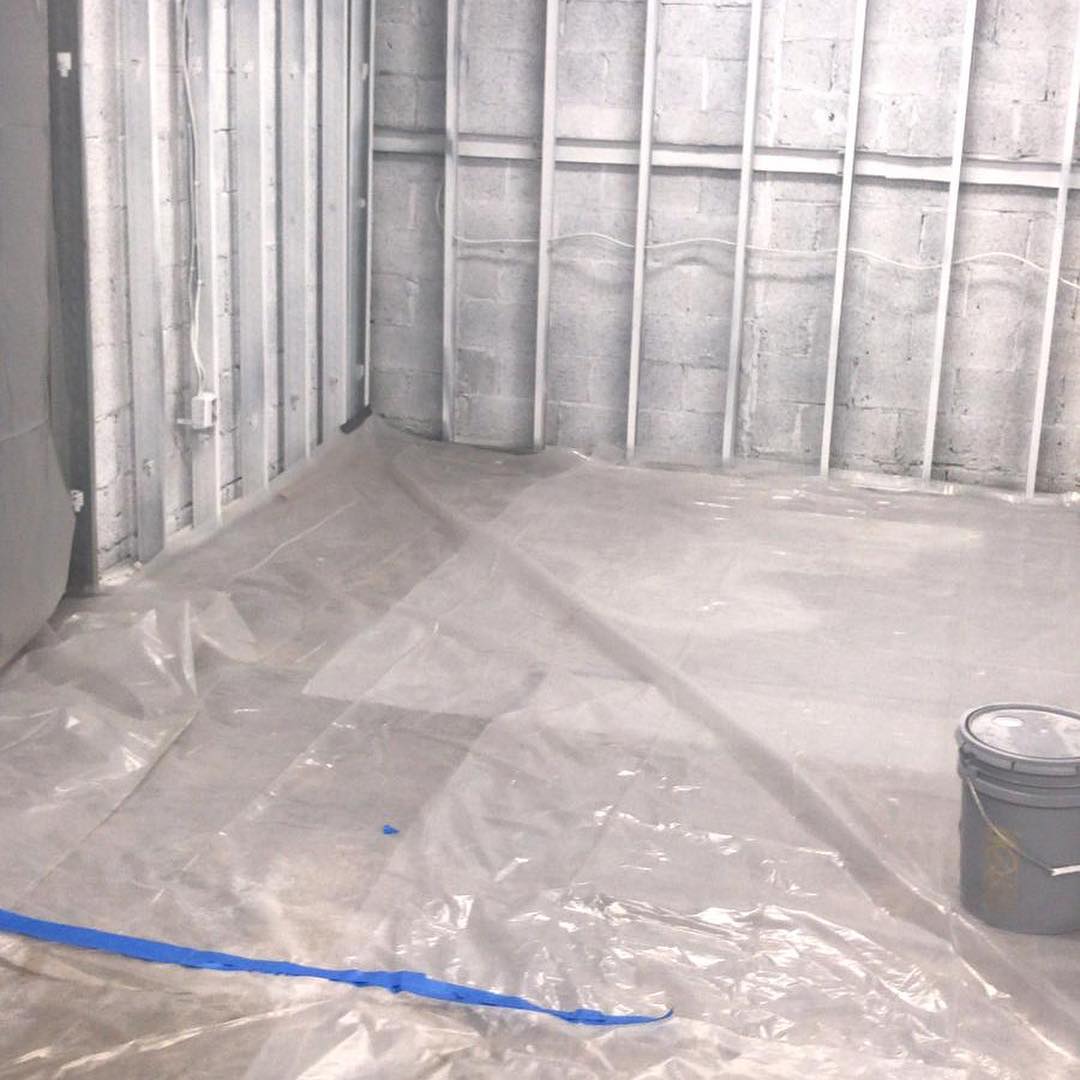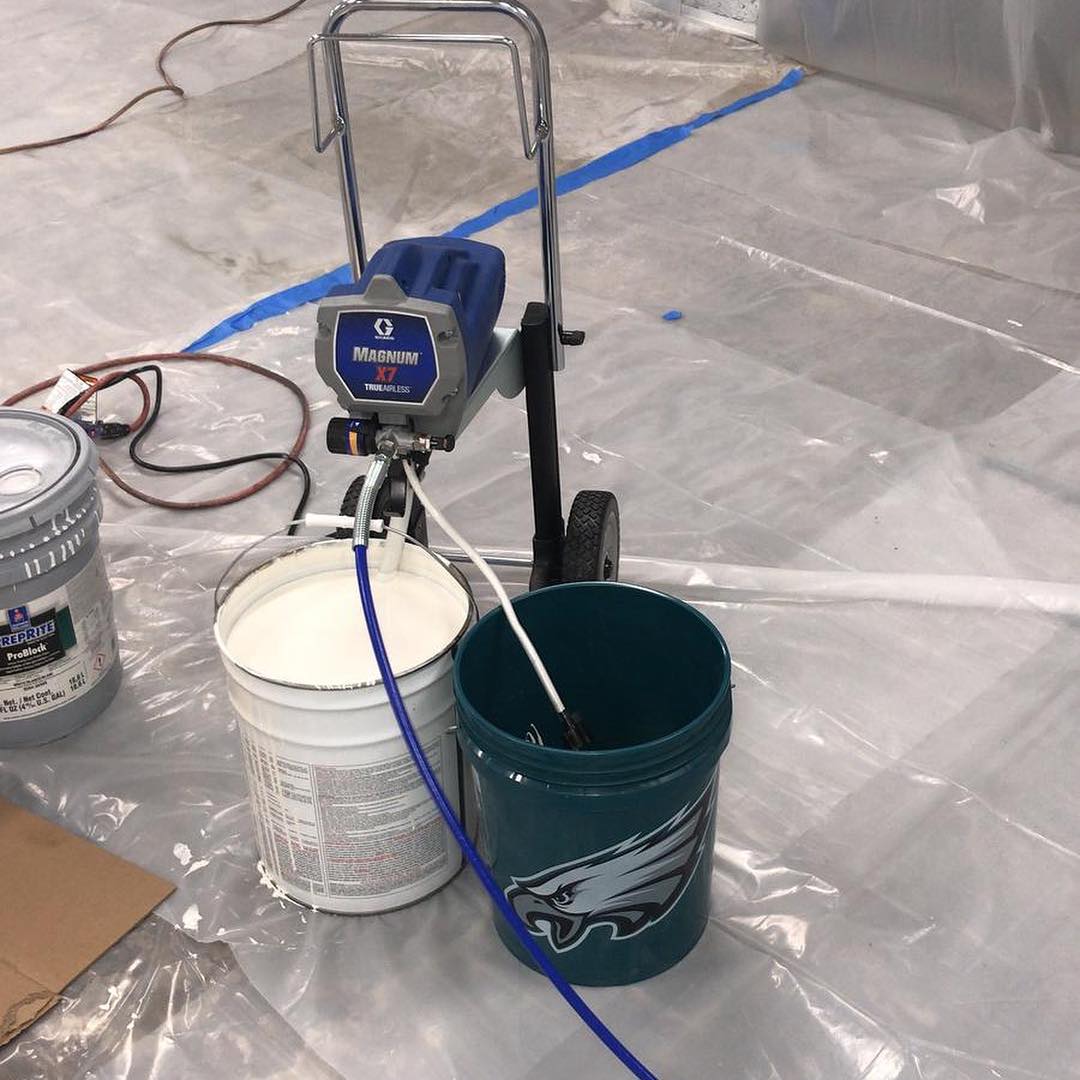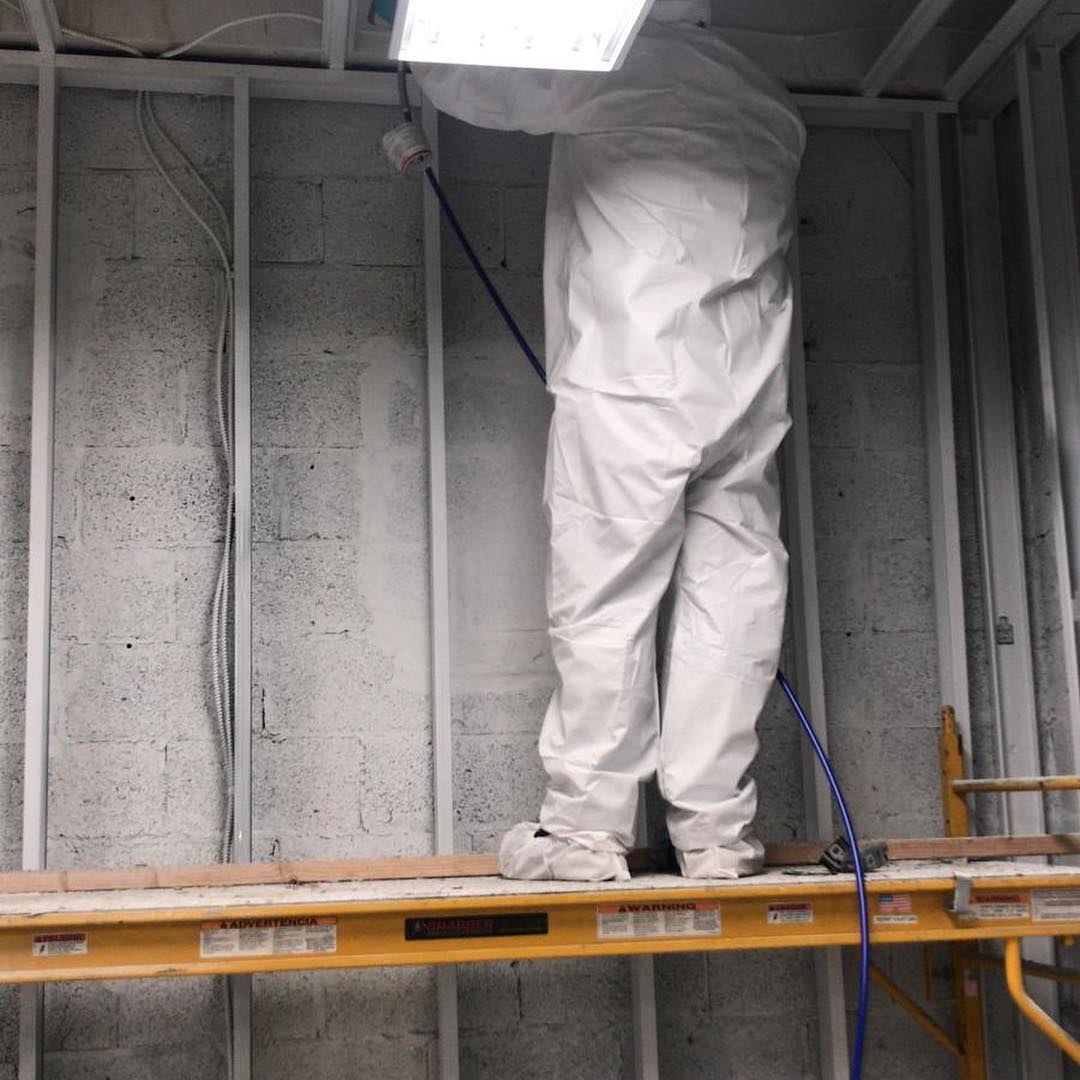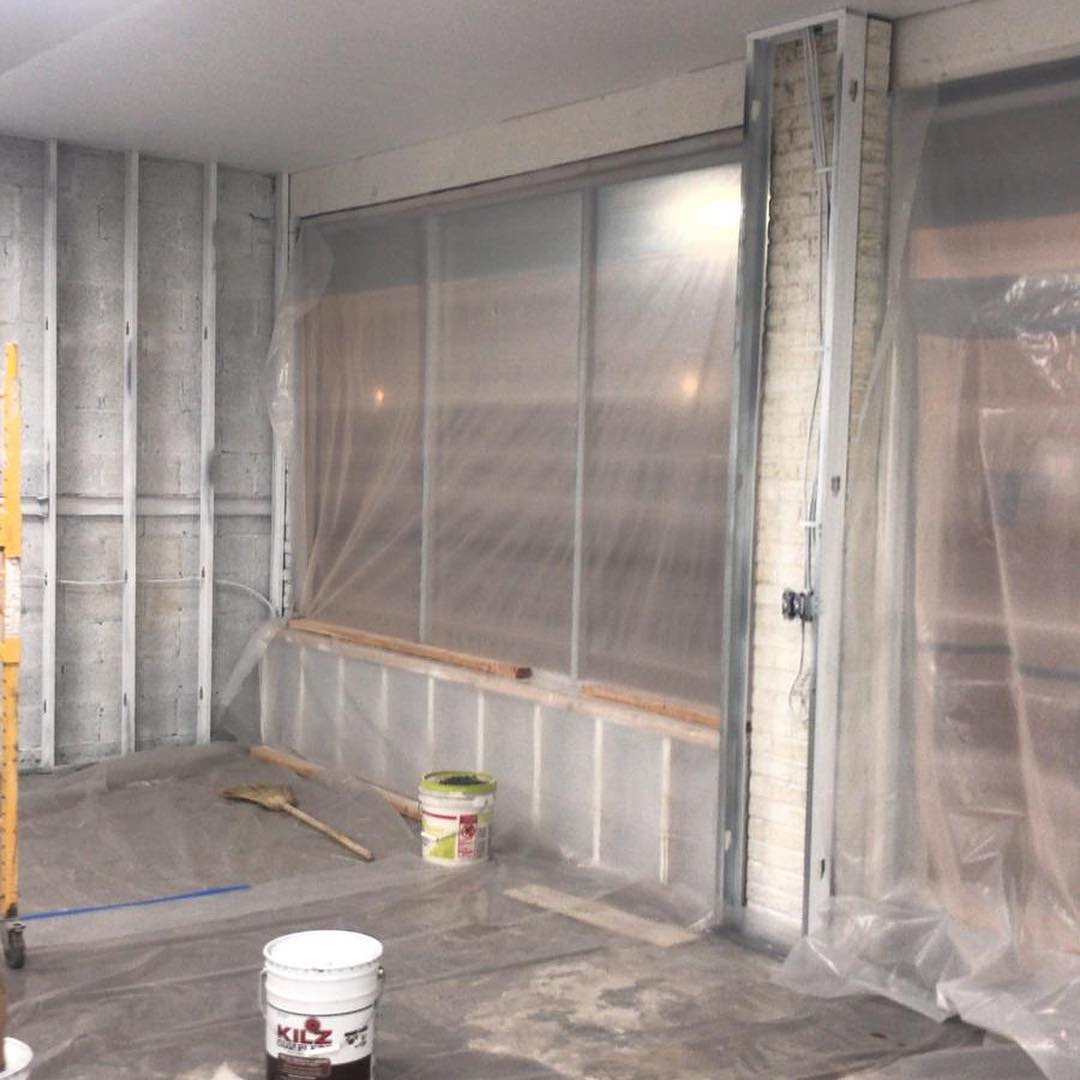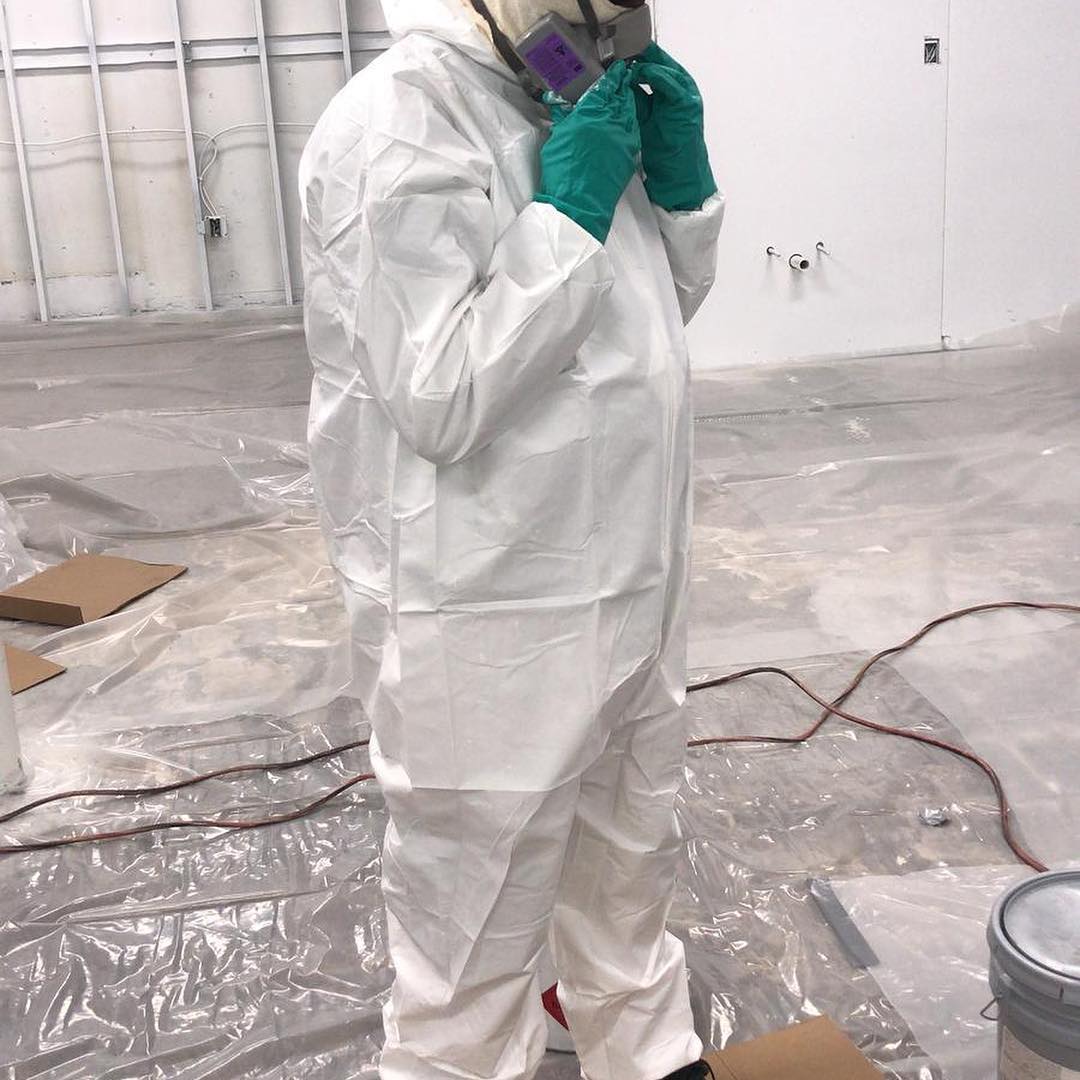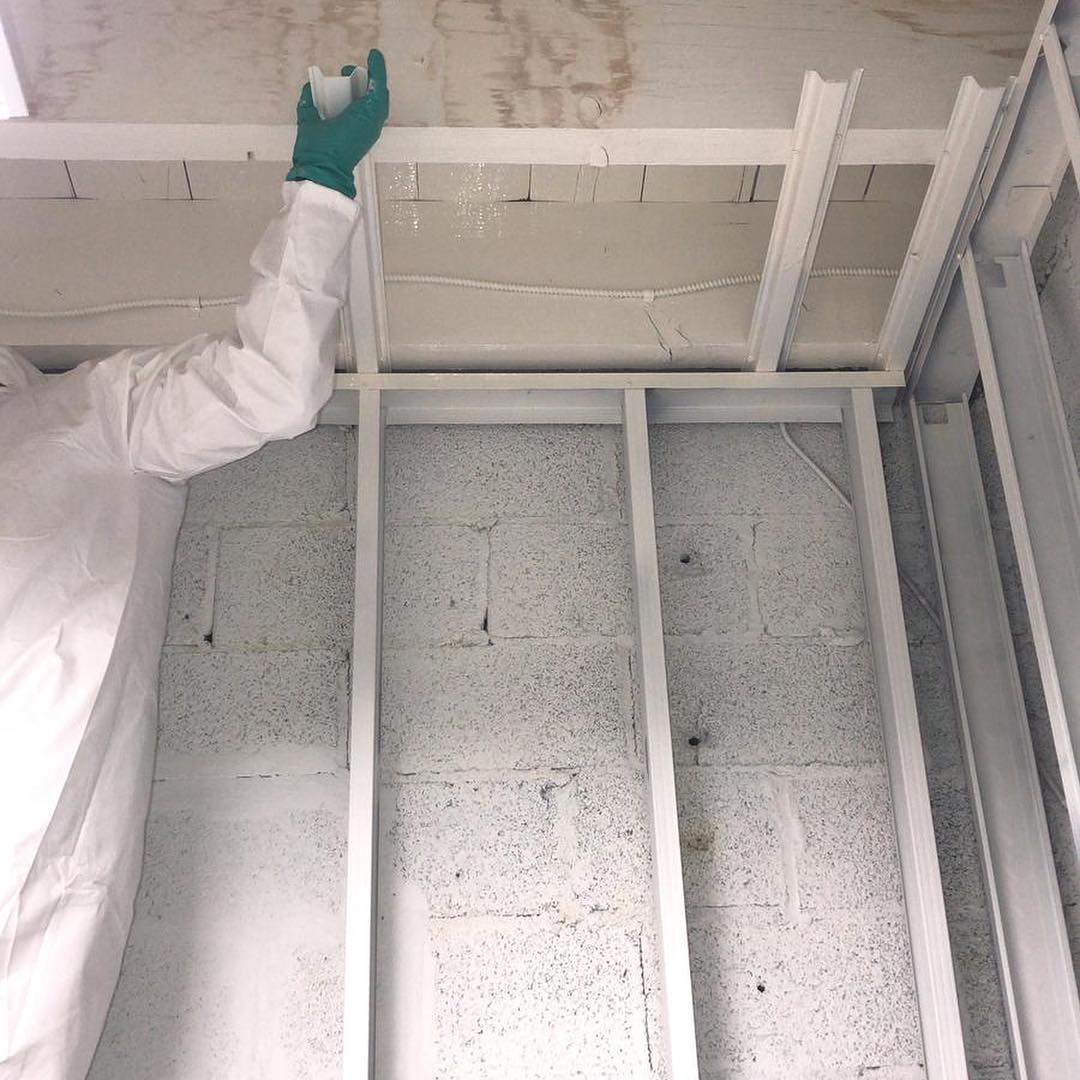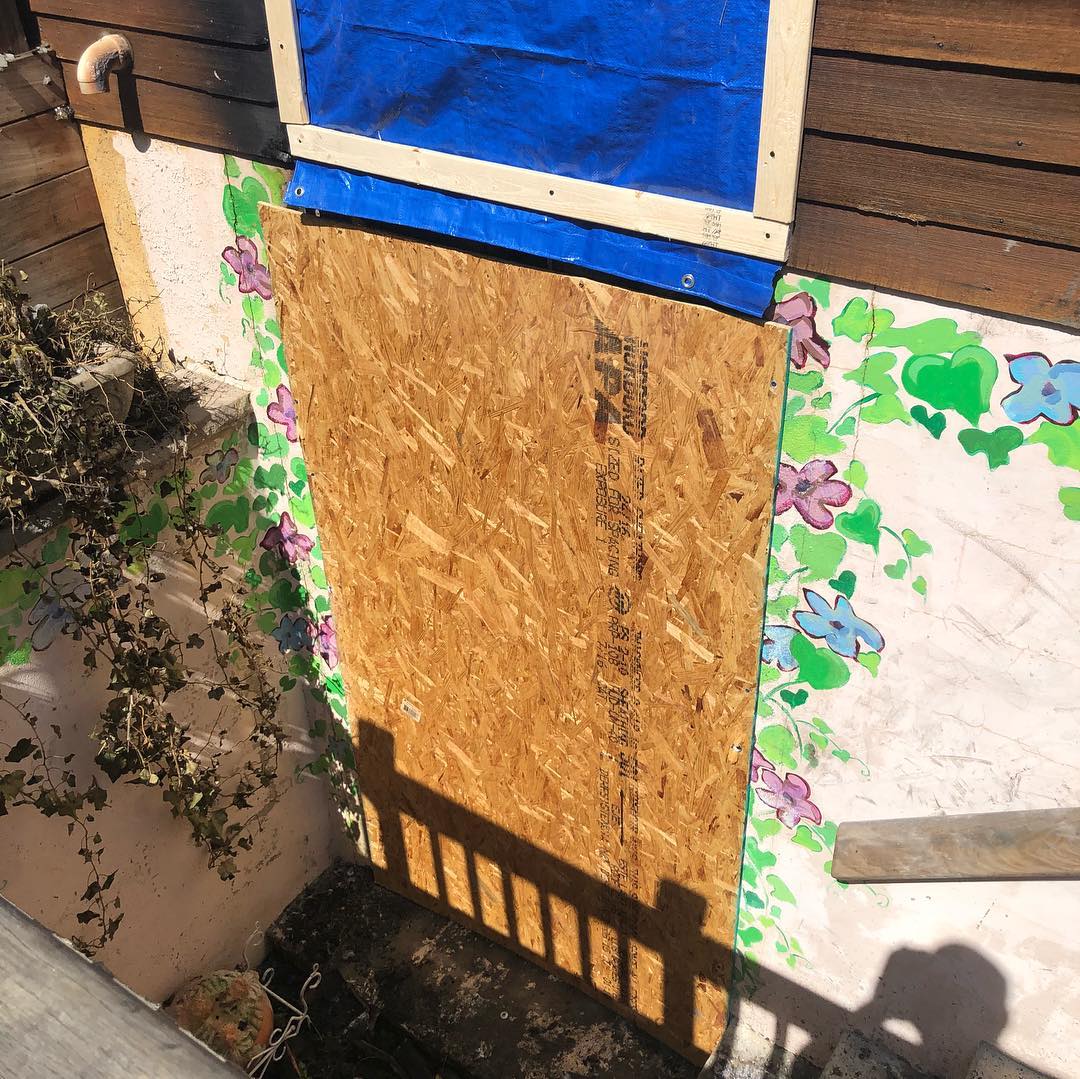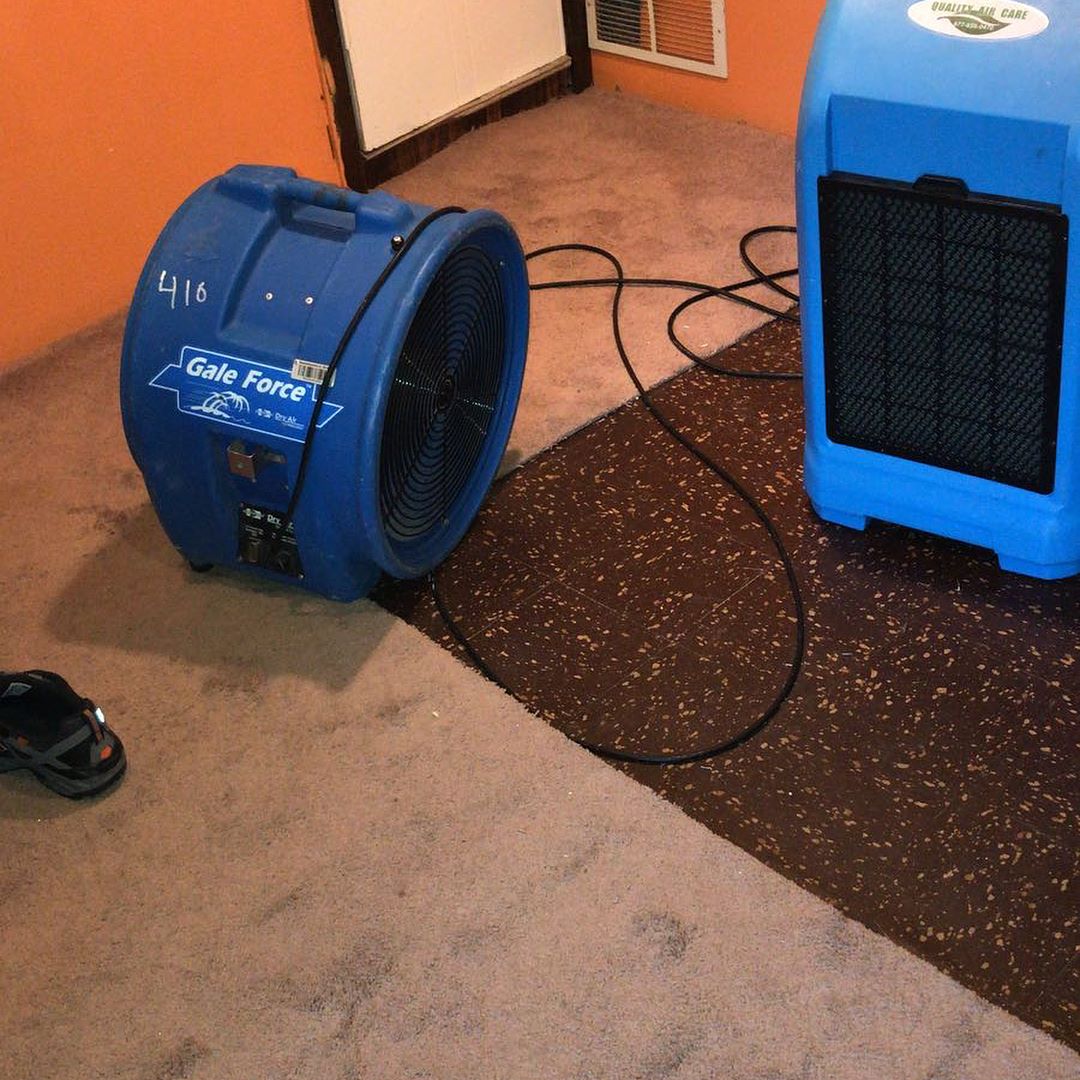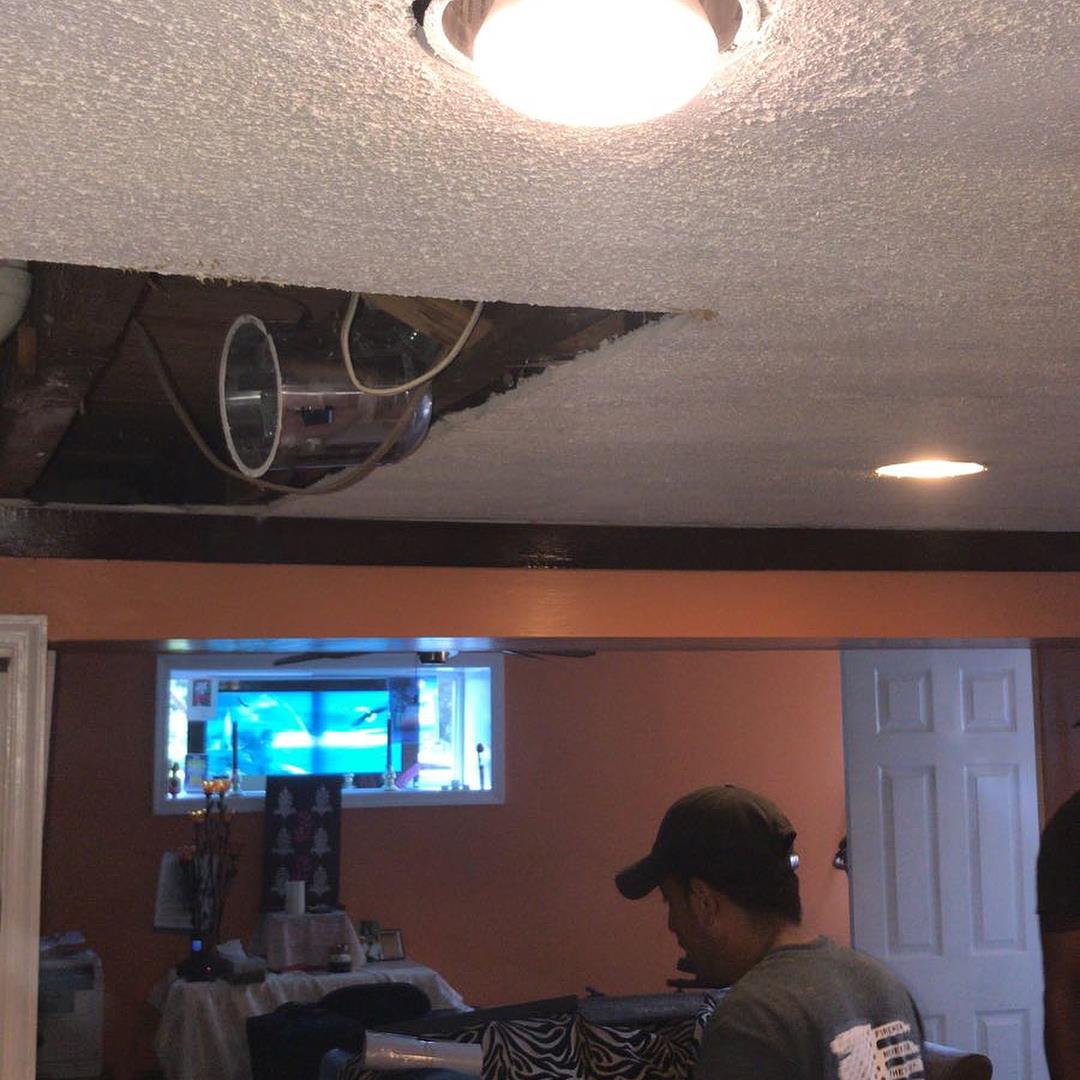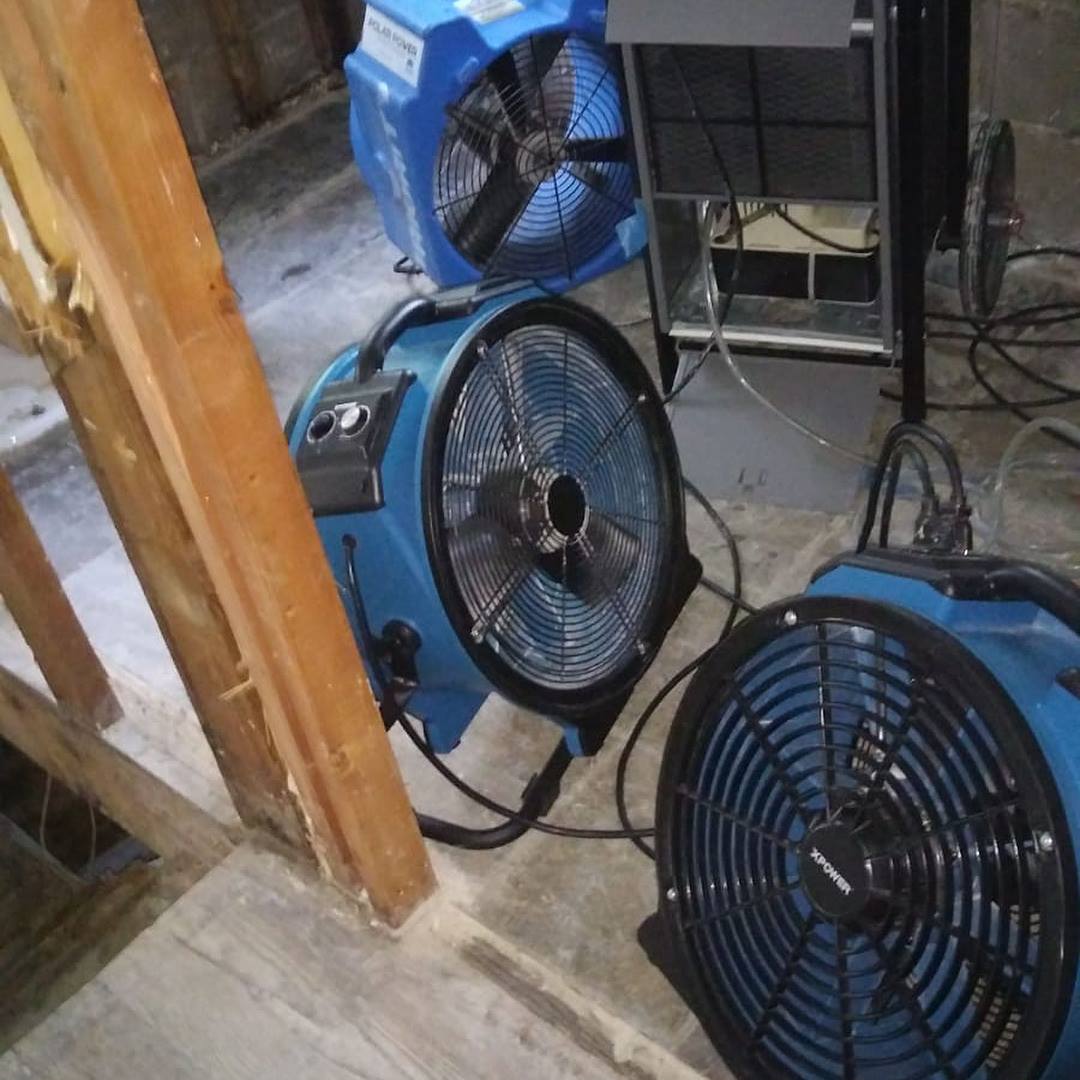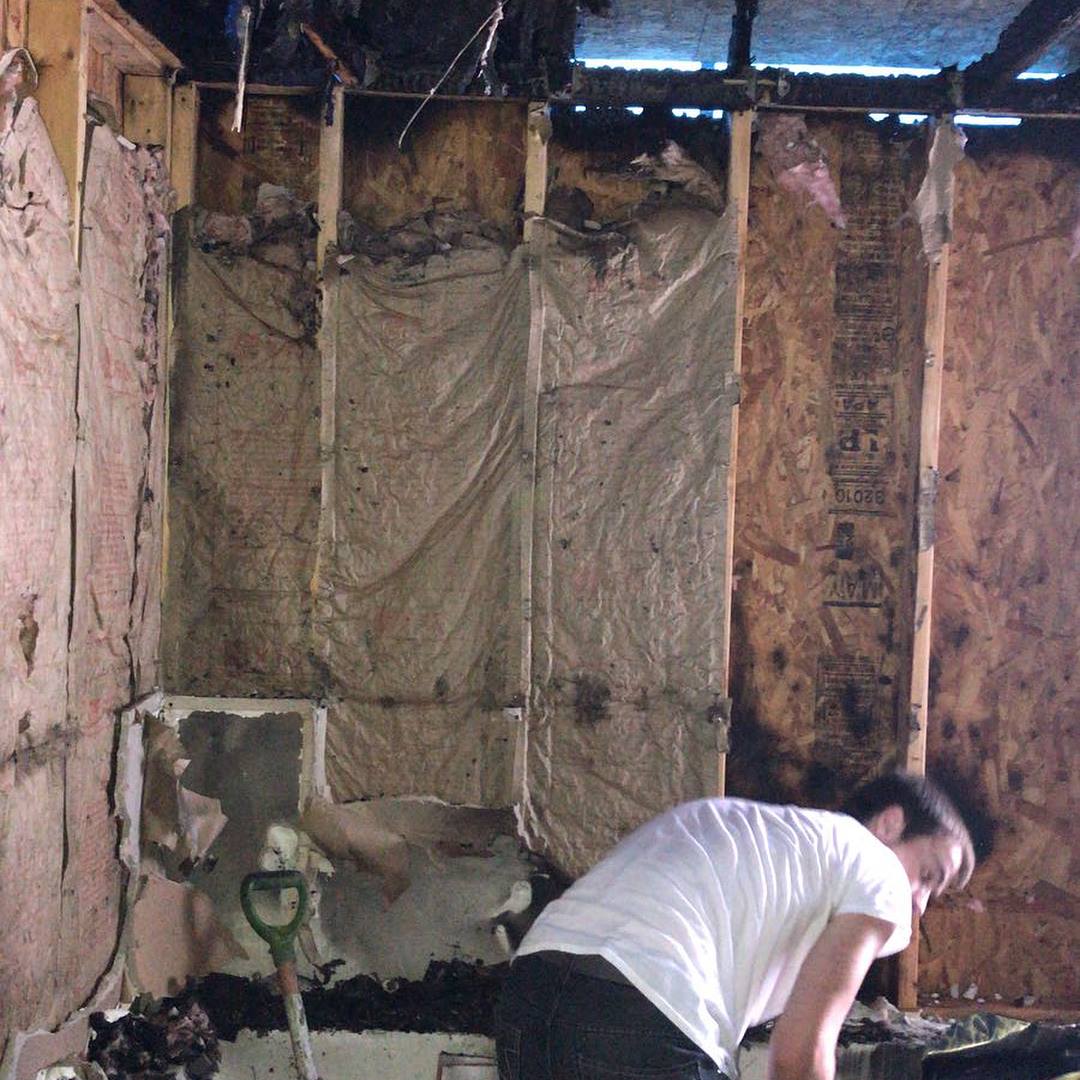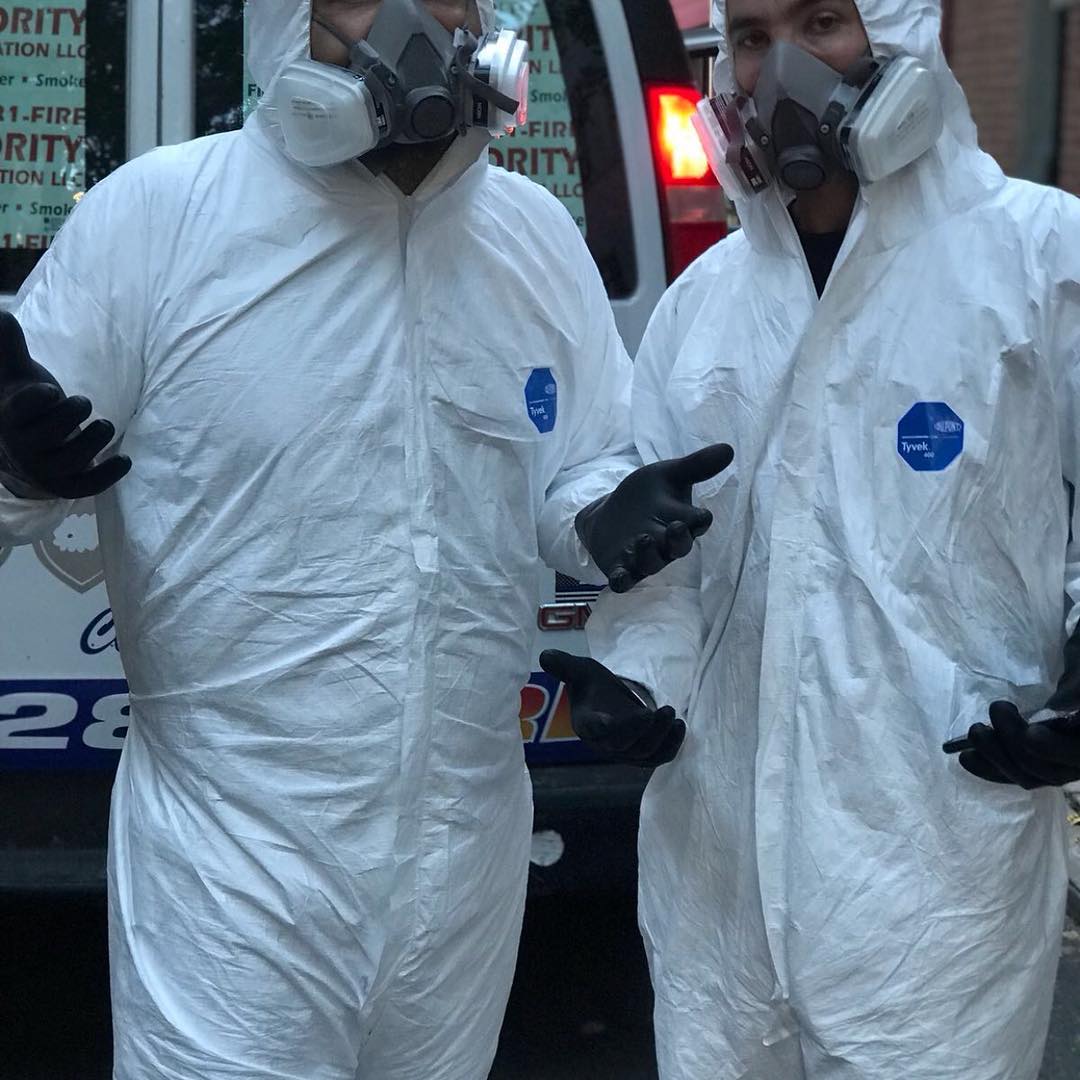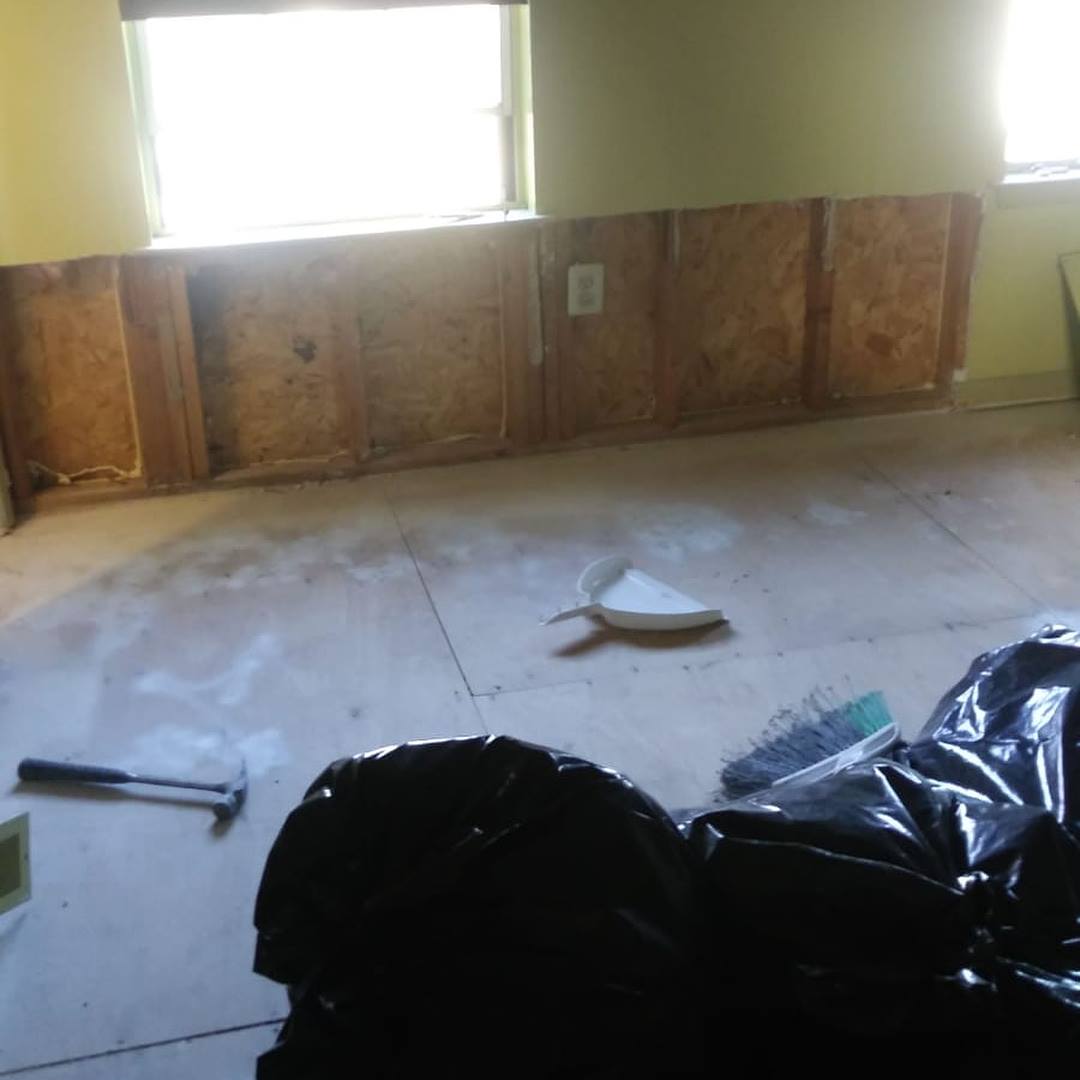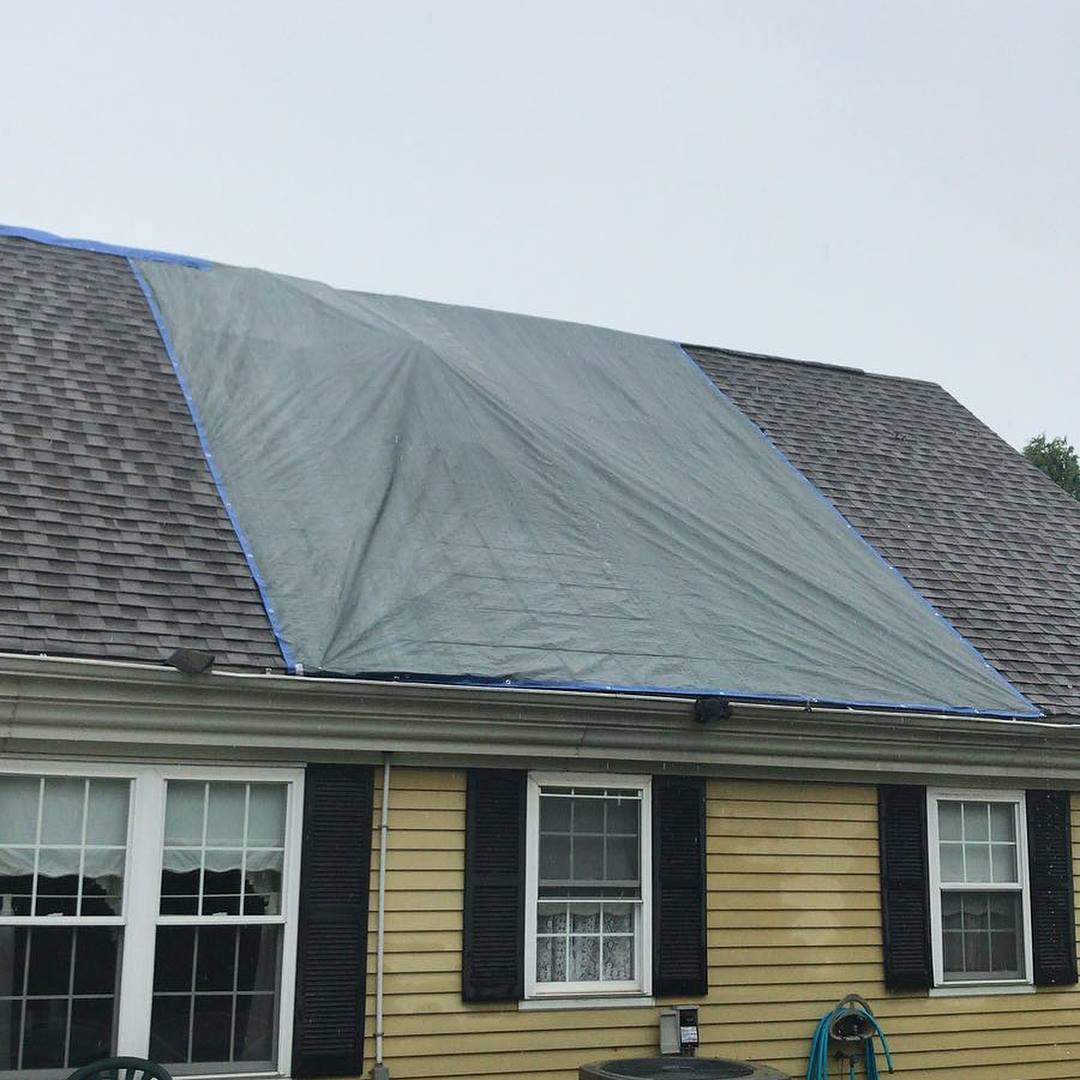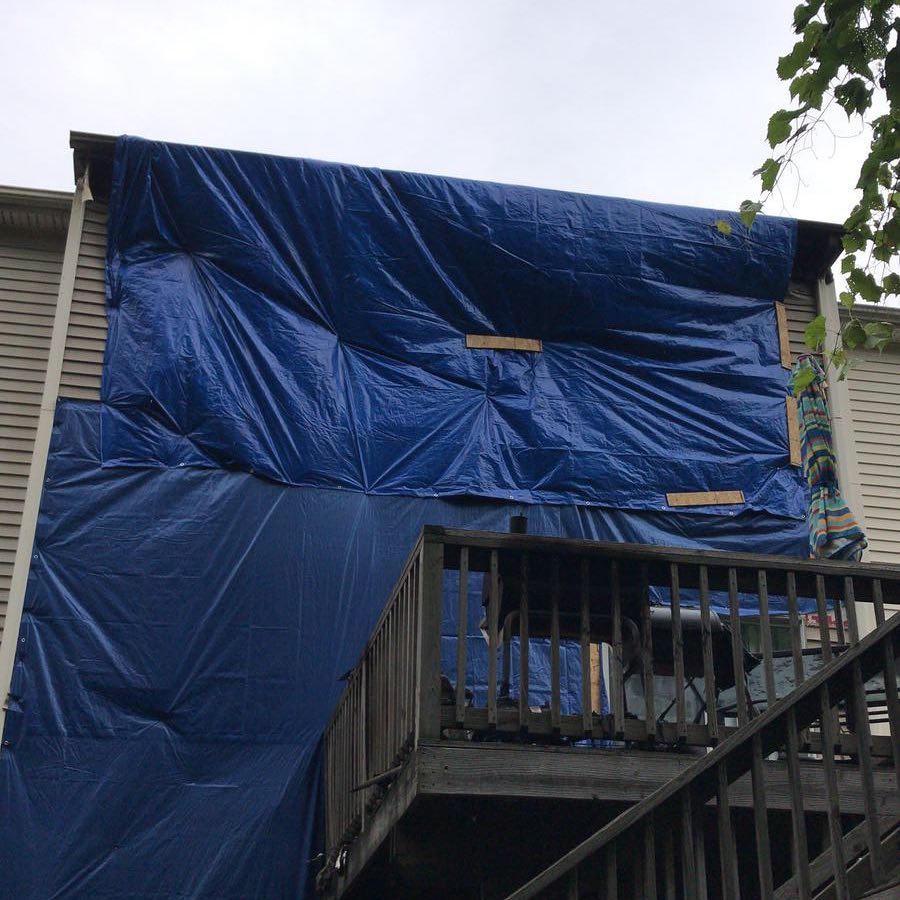
When dealing with water damage in your healthcare facility, you need a reliable and local team of Philly damage restoration experts in your corner. We've restored 100s of properties, both residential and commercial, in the Philly area and we're ready to come out and help you 24/7.
We're certified, insured, and work with all insurance companies. We understand how overwhelming it can be dealing with unexpected damage so let us assist you with your claim so you can focus on getting your life back on track.

Request a Free Estimate
or call (445) 234-4123
By submitting the form, you agree to our Terms of Service and Privacy Policy.
Water damage in healthcare facilities, such as doctors' offices, dental clinics, outpatient centers, and veterinary clinics, can be a serious issue that disrupts operations, damages expensive equipment, and poses health risks to both patients and staff. Whether it's a minor leak or a significant flood, healthcare providers in Philadelphia need to be prepared to handle water damage effectively to minimize downtime and protect their facilities.
Types of Water Damage in Healthcare Facilities
- Doctors' Offices
- Plumbing Leaks: Doctors' offices often have sinks and restrooms in exam rooms and staff areas. A leak from a faucet, pipe, or toilet can lead to water damage that spreads through walls and flooring, potentially affecting medical records, electronic devices, and exam equipment.
- Roof Leaks: Many older buildings in Philadelphia, where doctors' offices are often located, may suffer from roof leaks, especially after heavy rainfall. Water can seep through the ceiling, damaging ceiling tiles, insulation, and lighting fixtures, creating a hazardous environment.
- Dental Clinics
- Flooding from Dental Equipment: Dental clinics rely on water-based equipment like dental chairs, autoclaves, and ultrasonic cleaners. A malfunction in any of these devices can lead to flooding, causing water damage to the flooring, cabinetry, and even electrical systems.
- Pipe Bursts: The complex plumbing systems in dental clinics are essential for their daily operations. However, a burst pipe can cause extensive water damage, leading to the shutdown of the clinic until repairs are made.
- Outpatient Clinics
- HVAC System Failures: Outpatient clinics often have large HVAC systems to maintain a comfortable environment for patients. If the HVAC system fails and causes a leak, it can lead to water damage in waiting areas, exam rooms, and storage areas where medical supplies are kept.
- Flooding from Adjacent Properties: In Philadelphia, where many healthcare facilities are in multi-story buildings or shared spaces, flooding from adjacent properties can pose a significant risk. Water can seep through walls and floors, causing damage that may go unnoticed until it’s too late.
- Veterinary Clinics
- Water Damage from Animal Care Areas: Veterinary clinics have specialized areas for bathing and treating animals, which require significant water use. Leaks or overflows from these areas can cause water damage to nearby rooms, potentially leading to mold growth if not addressed quickly.
- Basement Flooding: Many veterinary clinics in Philadelphia have basements used for storage or housing kennels. Heavy rains or sewer backups can lead to basement flooding, causing water damage to stored items, electrical systems, and potentially spreading contaminants.
Consequences of Water Damage in Healthcare Facilities
Water damage in healthcare facilities can have severe consequences, including:
- Disruption of Services: Even minor water damage can force a healthcare facility to close temporarily, leading to canceled appointments and loss of revenue.
- Damage to Medical Equipment: Expensive medical equipment can be irreparably damaged by water, leading to costly replacements and delays in patient care.
- Health Risks: Water damage can create an environment conducive to mold growth, which poses health risks to patients and staff, particularly in a healthcare setting where vulnerable individuals are present.
- Regulatory Compliance Issues: Healthcare facilities must adhere to strict regulations regarding cleanliness and safety. Water damage can lead to violations, fines, and even the suspension of operations until issues are resolved.
What to Do If Your Healthcare Facility Suffers Water Damage
If your healthcare facility in Philadelphia experiences water damage, quick action is essential:
- Assess the Situation Safely: Before addressing the damage, ensure the safety of everyone in the facility. Shut off the water supply if possible, and avoid areas where water may have come into contact with electrical systems.
- Contact a Professional Restoration Company: Water damage in a healthcare facility requires specialized attention. Contact a professional restoration company like Philly Damage Restoration, which has experience dealing with healthcare environments and can respond quickly to mitigate the damage.
- Document the Damage: Take photographs and notes of the affected areas and any damaged equipment. This documentation will be crucial for insurance claims and any necessary regulatory reporting.
- Notify Your Insurance Provider: Contact your insurance company as soon as possible to report the water damage. Philly Damage Restoration can assist with the claims process, helping to ensure that you receive the compensation you need for repairs and replacements.
- Restore and Sanitize the Area: Water damage in healthcare facilities requires thorough cleaning and sanitization to prevent the growth of mold and bacteria. Philly Damage Restoration uses specialized equipment and techniques to restore your facility to a safe and operational state.
Preventing Future Water Damage
To minimize the risk of future water damage, healthcare facilities in Philadelphia should take the following steps:
- Regular Maintenance: Schedule regular inspections and maintenance for plumbing, HVAC systems, and roofing. Early detection of potential issues can prevent leaks and floods before they cause significant damage.
- Install Water Detection Systems: Consider installing water detection systems that can alert you to leaks before they become major problems.
- Create a Water Damage Response Plan: Develop a plan that outlines the steps to take in the event of water damage, including key contacts and procedures for shutting off water and electrical systems.
Frequently Asked Questions About Healthcare Flood Damage in Philly
The most common causes include plumbing leaks, roof leaks, HVAC system failures, and equipment malfunctions. In older buildings, deteriorating infrastructure can lead to frequent water-related issues. Additionally, flooding from heavy rain or adjacent properties can also cause significant water damage.





















